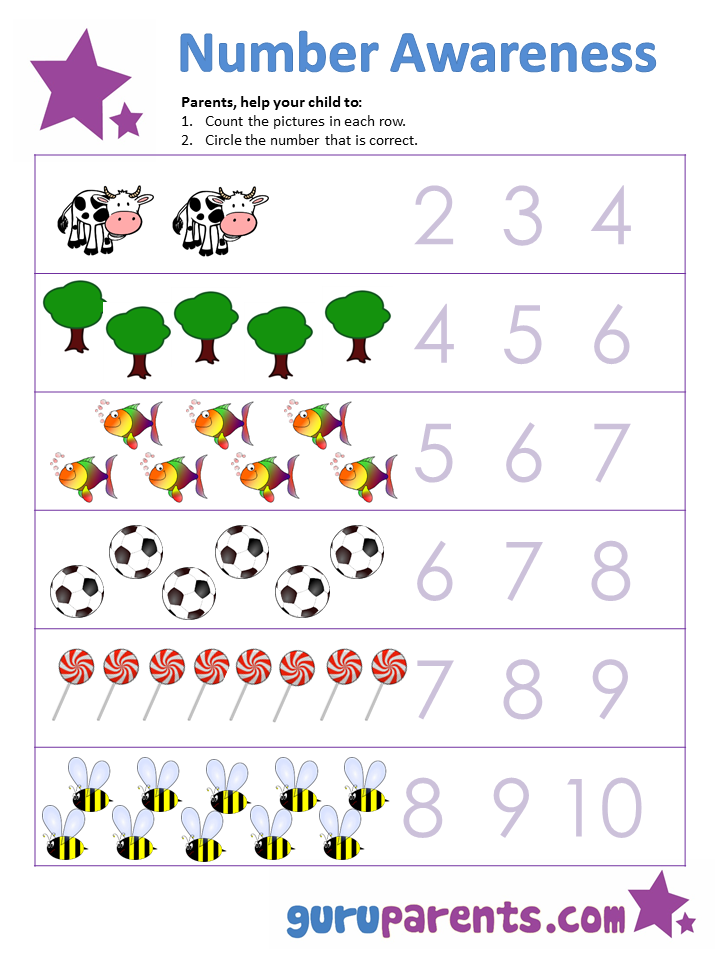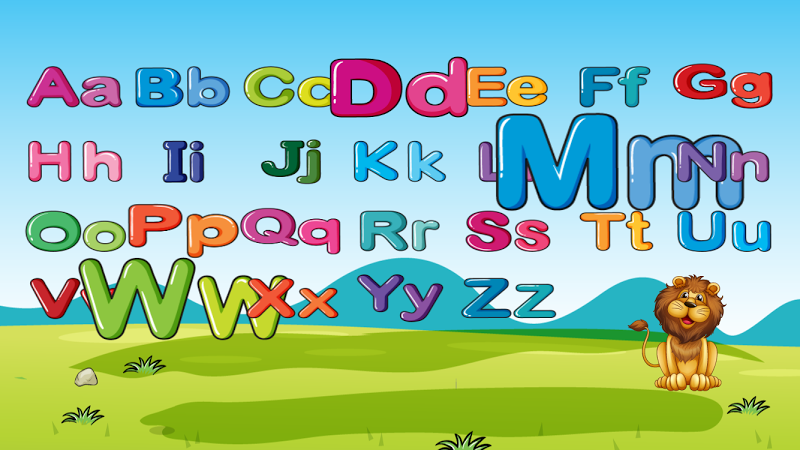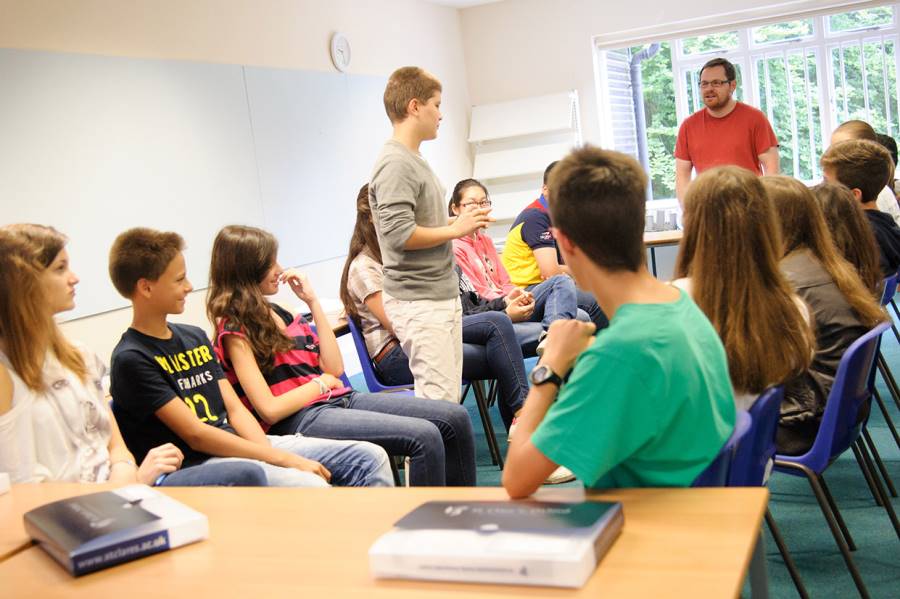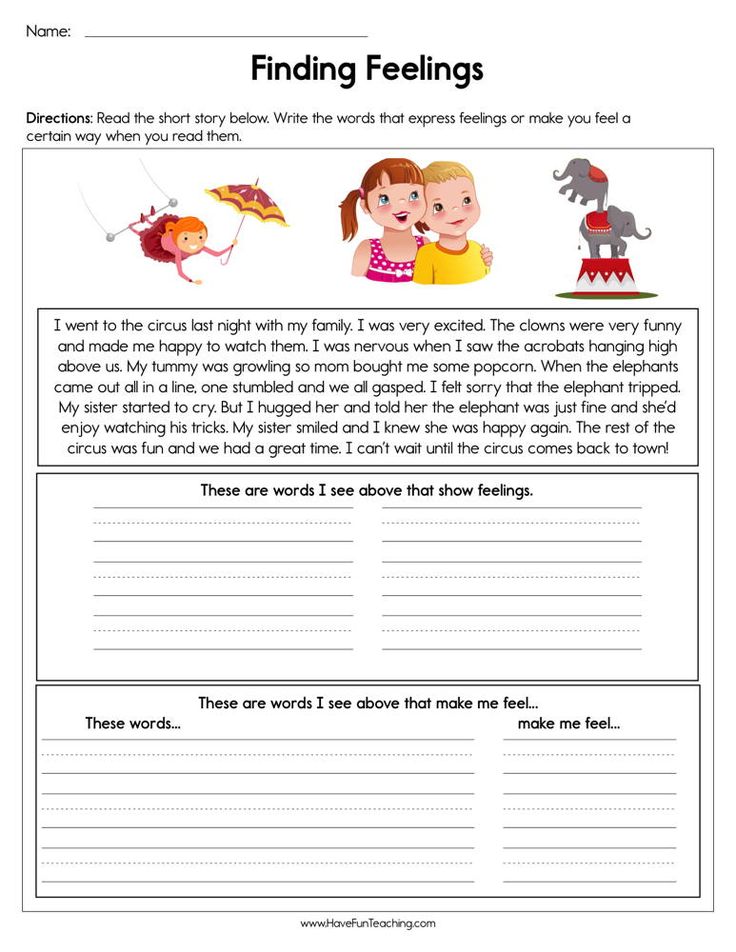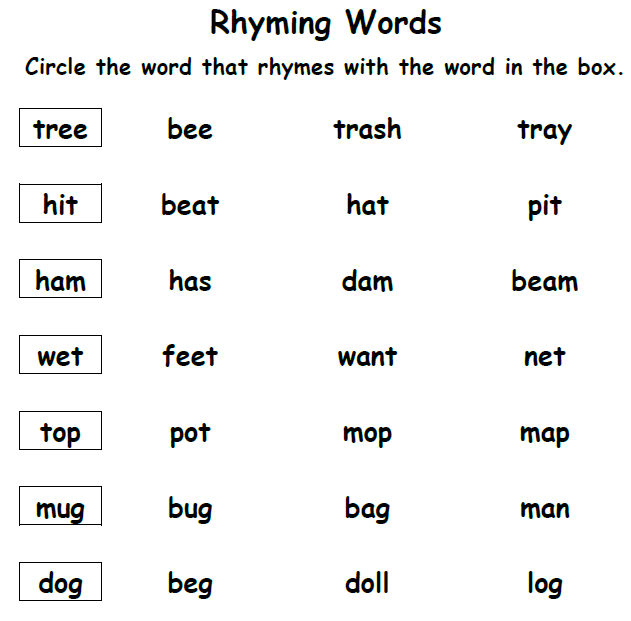Teach yourself how to read
Teaching Yourself to Read (Again)
I grew up eating around a wooden table with long benches flanked by two wooden chairs. At the foot of the table was a rustic kitchen hutch that held various nick-nacks, dishes, and dried flowers—even a pet parakeet for a time. Somewhere in between the ceramic plates and Mom’s old wheat grinder was a row of special books. It was my mom’s collection. She was trying to collect all the Newberry and Caldecott award-winning books—annual awards given to books that won for most distinguished writing or illustration in children’s literature. These were appreciated in our home as different from the other books kept upstairs on separate bookshelves. These were special books, books that we should pay attention to.
That message was a gift from my mother. While we were never forced to read, we were gently nudged toward a type of writing and material that would enlarge and expand our perspectives. This wasn’t flimsy writing we were reading; it was deliberate, challenging, and did what reading is supposed to do: teach.
One lesson from the hutch came when I read the novel Sounder, quickly succeeded by Roll of Thunder, Hear My Cry. It didn’t take hours of lecture or explicit teaching to grow sizable awareness and empathy for those who suffered racism under a Jim Crow south. The books did what good reading does, taught me what racism was, what it looked like, and most poignantly, how it felt to those experiencing it. And my mom knew it.
Those simple black and white paper-back books are no match for the catchy interfaces with full-spectrum media.
That was over thirty years ago. While books still abound, and authors still write, the gentle nudge in our society toward “the best books” seems eerily absent. We are in a new age, the digital age, where the bounties of technology are almost endless and allow us to consume content in ways history has never before experienced. Because of this overabundance, the simple act of reading a book is increasingly being pushed aside—and with it, collective storytelling that informs, uplifts, and educates our culture, while enhancing our democracy. Those simple black and white paper-back books are no match for the catchy interfaces with full-spectrum media. And our brains know it.
Those simple black and white paper-back books are no match for the catchy interfaces with full-spectrum media. And our brains know it.
As both a reading educator and a parent, I’m well aware that the impending tide of a fully digital world is a surge no one can stop—or even should. A recent UN report noted that “Digital technologies have advanced more rapidly than any innovation in our history—reaching around 50 percent of the developing world’s population in only two decades, and transforming societies.” Many of these developments, of course, are good things—as the report notes: “By enhancing connectivity, financial inclusion, access to trade and public services, technology can be a great equalizer.” Technology and digital learning have the power of reaching those who may otherwise not have access to education—allowing communities, especially the underserved or remote, access to connections that can move them out of obscurity and neglect.
Yet, amidst all the welcome advances of our many gadgets, apps, and features, I wonder have we sufficiently considered the developmental impact on what’s been called our “reading brains”? And the extent to which not only what we read, but how we read can have an impact on our ability to engage in critical analysis?
What does it mean for participating deeply in the world around us when our attention is so frequently consumed by entertainment and a style of news media that exacts little cognitive effort? It seems the digital world itself could use some critical analysis before its unwanted side-effects collectively become tragic.
And yes, that’s not too strong a word to use for the siphoning off of our desire, even our ability, to engage in material that would truly benefit us all.
Our Reading BrainTo understand fully how the digital world has the capacity to undercut deep learning that used to take place regularly through reading, it is best to start with examining our “reading brains.” Recently, the reading researcher and neuroscientist, Maryanne Wolf, introduced her own take on digital reading in her book Reader, Come Home. “There are as many connections in the Reading Brain’s Circuitry as there are stars in the Milky Way galaxy,” writes Wolf as she unfolds for readers the enormous tapestry that makes up the systems in our brains that allow us to process the written word.
Including right now: As you read this sentence, your vision, language, and cognition have all been working instantaneously and perfectly synchronized to bring meaning to every single word. It is a remarkable system that goes mostly unnoticed and unappreciated since most of us have little recollection of first learning to read.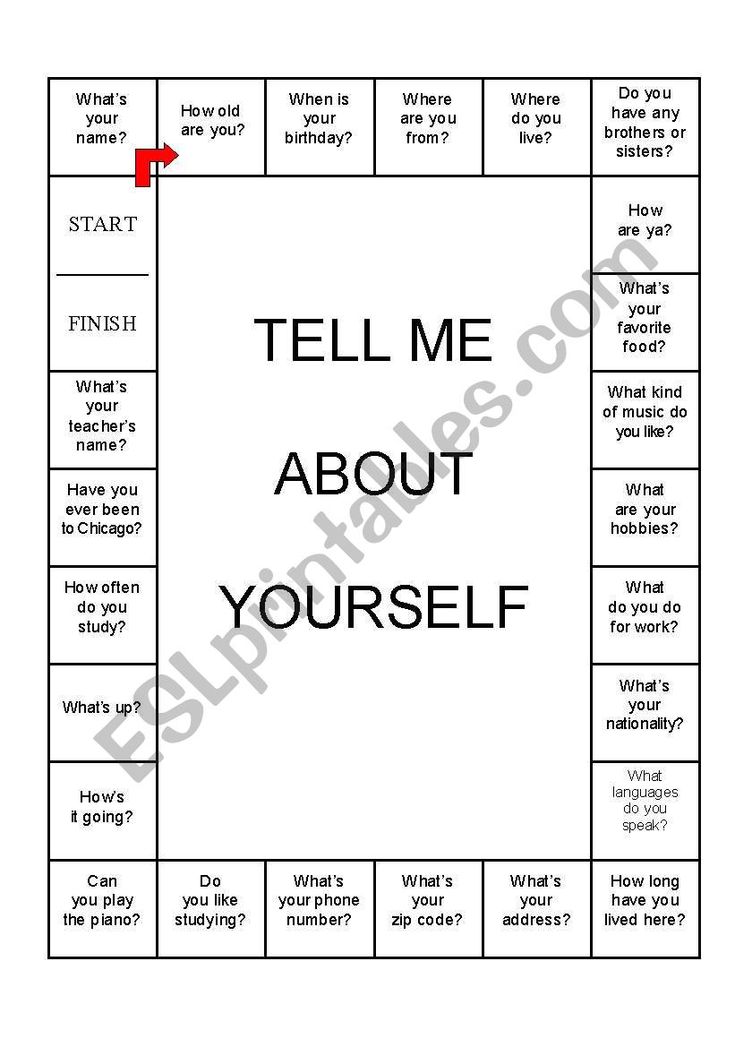 If we could remember those first stumbling years of developing sound-symbol awareness and the effort it took to decode a few simple words, perhaps we would be less vulnerable to treating the act of reading with neglect and misuse.
If we could remember those first stumbling years of developing sound-symbol awareness and the effort it took to decode a few simple words, perhaps we would be less vulnerable to treating the act of reading with neglect and misuse.
A critical piece to our reading circuit is its plasticity, that “…everything we read, builds upon itself.” That means everything we do to build on our circuits matters: language development, background knowledge, content building, exposure to new vocabulary, and so forth. So the more we read, the capacity of our circuits enlarges, allowing us even more ability to comprehend and learn. Conversely, if these circuits go unused, they will most certainly weaken—“use it, or lose it.”
Among other things, this disuse results in a reduction of pleasure in reading, particularly in physical books. Why physical books? As Wolf has discovered, the processes involved in physical book reading differ from the brain processes involved in screen reading; hence the reduction in circuit activity through disuse even though a person may still be reading content on a screen.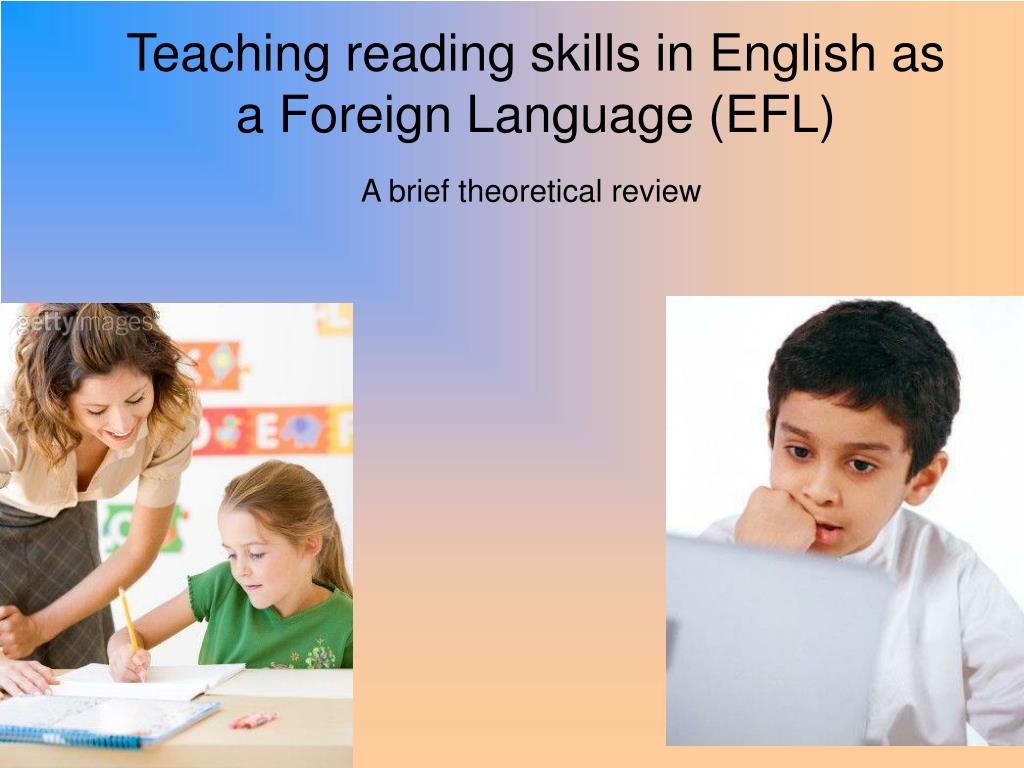 Wolf recounts her own distressing experience of returning to a long-loved physical book from her college days only to find that after years of reading and writing almost solely on digital devices, her brain would no longer tolerate her first love, Magister Ludi. It took two weeks of small, continuous doses of reading for her to feel as she once did in her earlier days; a place where reading felt natural and unburdened. Like Dr. Wolf, when we “feed” our brains from a device only, we potentially risk diminishing the physical book’s legitimacy to our brain.
Wolf recounts her own distressing experience of returning to a long-loved physical book from her college days only to find that after years of reading and writing almost solely on digital devices, her brain would no longer tolerate her first love, Magister Ludi. It took two weeks of small, continuous doses of reading for her to feel as she once did in her earlier days; a place where reading felt natural and unburdened. Like Dr. Wolf, when we “feed” our brains from a device only, we potentially risk diminishing the physical book’s legitimacy to our brain.
It is through this emotion that our own prejudices and biases can be exposed and challenged as we read deeply about the lives and perspectives of others.
And it’s a cycle that builds on itself over time. As the act of reading physical books (and the slower pace that inevitably entails) comes to feel overly laborious and boring, we essentially give up what feeds us the most: deep reading.
Deep reading is the consummate reward of putting all of your circuits to work and engaging fully in the text. When we put all of our focus and attention to these moments, we become truly lost in a book. But even more than the pleasure of such deep immersion, what might be even more important is the degree to which deep reading builds our capacity for what Sounder did for me: growing empathy. We feel Scout’s devastation when Tom Robinson is convicted, feel Jane Eyre’s courage when she steps away from her engagement, and feel stirred to find our own rebirth when Scrooge emerges from his Christmas Eve dream. In turn, it is through this emotion that our own prejudices and biases can be exposed and challenged as we read deeply about the lives and perspectives of others. More than simply consuming information, this is about being moved by it—learning from it and ultimately even being changed by it.
The Assault of Information Wolf assures us we are indeed reading. A recent study found that the average person “consumes some 34 gigabytes or roughly 100,000 words worth of information in a day.” To appreciate that number, Jane Austen’s Pride and Prejudice is 122,189 words. This sounds pretty good, except we’re not reading Jane Austen. And even if we tried to read such a book in a day what would be most worrisome is that our brains would most likely miss the deep themes, nuance, and messages within the story. Wolf explains, “Neither deep reading nor deep thinking can be enhanced by the aptly named ‘chop block’ of time we are all experiencing, or by 34 gigabytes of anything per day.” In other words, we have far too much to read with far too little time to do it adequately.
A recent study found that the average person “consumes some 34 gigabytes or roughly 100,000 words worth of information in a day.” To appreciate that number, Jane Austen’s Pride and Prejudice is 122,189 words. This sounds pretty good, except we’re not reading Jane Austen. And even if we tried to read such a book in a day what would be most worrisome is that our brains would most likely miss the deep themes, nuance, and messages within the story. Wolf explains, “Neither deep reading nor deep thinking can be enhanced by the aptly named ‘chop block’ of time we are all experiencing, or by 34 gigabytes of anything per day.” In other words, we have far too much to read with far too little time to do it adequately.
Instead of Austen, most of us are gobbling up trivial bits of information mostly via social media and Twitter feeds augmented with a barrage of clever memes and so-called ‘articles’ from Facebook. Further complicating matters is the pace at which we read on a screen—which is much faster and more prone to skimming than the slower, more thoughtful pace of a physical book. Most often it is sufficient time and quality that are sacrificed in the digital world—both of which are deep reading’s main ingredients.
Most often it is sufficient time and quality that are sacrificed in the digital world—both of which are deep reading’s main ingredients.
So what does the human brain do with all that information swimming around? Not much apparently. Recently, a New York Times op-ed raised concern with the upending of good, quality reading being replaced with social media feeds, poorly researched opinion, and snake oil claims.
“Facebook’s algorithm rewards and encourages engagement with content that provokes strong emotions,” they note—“which is exactly the kind of content we warn patients to doubt and carefully assess since false information is often packaged as novel and sensational.”
They continue, “We can’t compete with a global platform whose powerful algorithm rewards sensational, false content.”
‘Sensational’ and ‘Novel’ are to our reading brains as ‘chocolate cake’ and ‘brownies’ are to the pleasure section of our brains.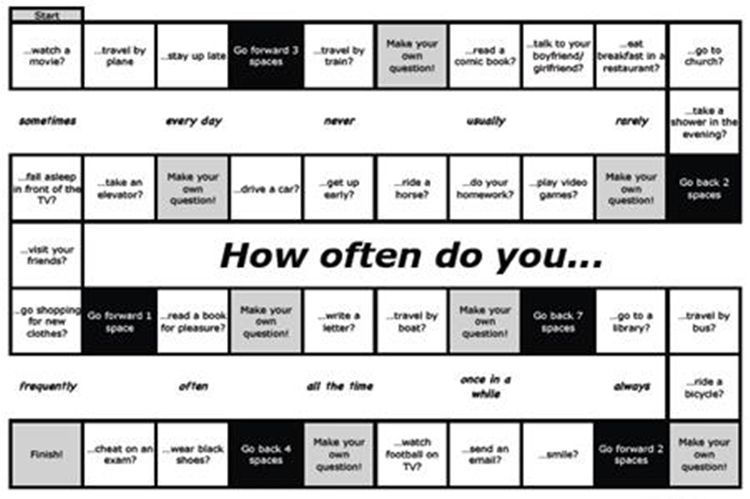 They are both craved and relatively easy to consume. While our culture is just beginning to encourage ‘mindful’ eating, helping us realize how we feel physically when we consume certain foods, we are curiously absent in encouraging the same attentiveness when it comes to what we read. Consequently, Wolf warns, “The atrophy and gradual disuse of our analytical and reflective capacities as individuals are the worst enemies of a truly democratic society, for whatever reason, in whatever medium, in whatever age.”
They are both craved and relatively easy to consume. While our culture is just beginning to encourage ‘mindful’ eating, helping us realize how we feel physically when we consume certain foods, we are curiously absent in encouraging the same attentiveness when it comes to what we read. Consequently, Wolf warns, “The atrophy and gradual disuse of our analytical and reflective capacities as individuals are the worst enemies of a truly democratic society, for whatever reason, in whatever medium, in whatever age.”
Once again, shouldn’t it alarm us all if our minds will no longer tolerate long texts or authors that ask more of us in terms of both literary complexity and the requirement of deep thought and thoughtful dedication of time? As we grow less dependent on our own critical analysis, we become prone to manipulation by the thoughts, opinions, and motivations of others. This is evidenced by what we are clicking on in just one month in April. Note Avaaz’s report on Facebook’s threat to global health:
- Global health misinformation spreading networks spanning at least five countries generated an estimated 3.
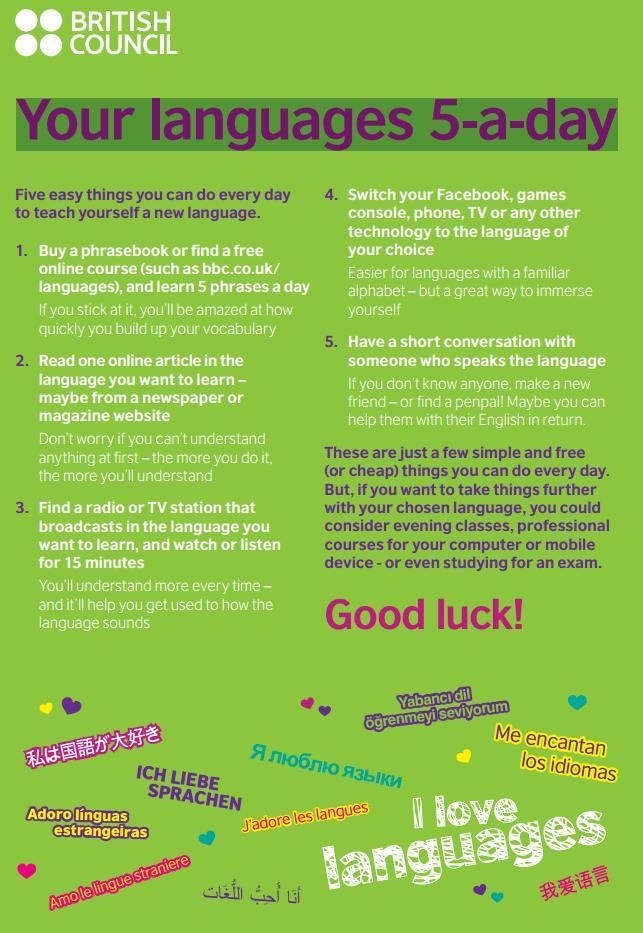 8 billion views on Facebook in the last year.
8 billion views on Facebook in the last year. - Health misinformation spreading websites at the heart of the networks peaked at an estimated 460 million views on Facebook in April 2020, just as the global pandemic was escalating around the world.
Don’t despair, though. Because as we create conditions where the plasticity of our circuits can grow and expand, we become less mesmerized by and more discerning within the assault of disinformation. We gain the ability to dismiss pieces that contain inaccuracies, and falsehoods, or that seek to manipulate for personal gain.
Seek WisdomJoseph B. Campbell, a renowned professor of literature, spent his career studying comparative mythologies. He sought to help his students see that “holding your own head” comes from exposure to various, collective stories. Campbell further explains, “All men are capable of reason. That is the fundamental principle of democracy. Because everyone’s mind is capable of true knowledge. ”
”
Campbell’s observation should resonate with all of us. Our brains are created with the capacity to grow our own thoughts and opinions. We are not beholden only to the reason and writings of academics and experts or, thankfully, Instagram influencers, relentless Facebook posts, or tabloid-level news.
We choose. And if we are truly honest, we will come to see how the shallow and pot-stirring text of the day has influenced our behavior, perspective, and perhaps our vote. It’s the opposite of what we need most, wisdom. Wisdom, born of measured information, is, defined as “the quality of having experience, knowledge, and good judgment.”
Isn’t this what we and all of society desperately need? Especially at this moment in time?
How to Cultivate wisdom in the information ageThe first place to start is the most obvious: an awareness of how and what we read. We simply cannot afford to sit at the digital banquet of all-you-can-read and expect to learn, let alone retain, any sort of useful knowledge or wisdom. So, how do we pivot in a better direction? Well, let’s start with the obvious one: Be mindful of your screen time usage and content. Sound a bit familiar? It should—it’s the drumbeat all parents are chanting to their youth. Get off your phone! Look up! Keep away from toxic social media! And yet even adults have a difficult time doing it for themselves—remember, 34 gigabytes of information!
So, how do we pivot in a better direction? Well, let’s start with the obvious one: Be mindful of your screen time usage and content. Sound a bit familiar? It should—it’s the drumbeat all parents are chanting to their youth. Get off your phone! Look up! Keep away from toxic social media! And yet even adults have a difficult time doing it for themselves—remember, 34 gigabytes of information!
Seek content learning
You cannot engage in true critical analysis of any material unless you have some understanding of the content being presented. That hints at not trying to interpret topics without doing some heavy lifting of our own. Any good teacher will tell you that a student will produce better and more thoughtful responses if a solid framework of understanding is first presented. This is no different for adults. There has never been a more crucial time for us to understand—really understand—what we are reading. Look up that word that is new. Do you understand it? What are common buzz words we are hearing in the news? Socialism, communism, conservatism, republicans, democrats, and antiracism.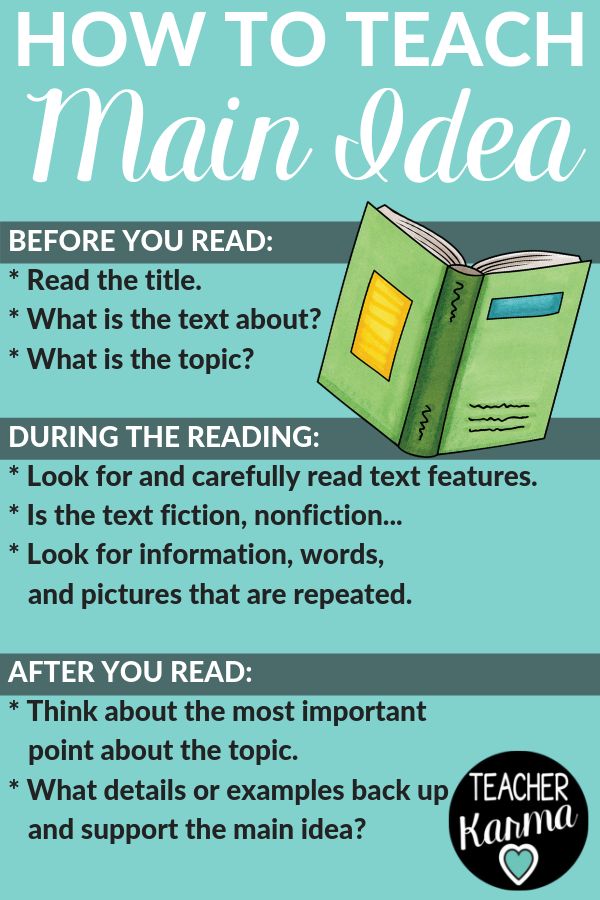 Understand the context of communities and countries. Learn about climate change, the economy, and the electoral college.
Understand the context of communities and countries. Learn about climate change, the economy, and the electoral college.
Make news reading a mindful practice
Ralph Waldo Emmerson wisely teaches, “It is easy in the world to live after the world’s opinion; it is easy in solitude to live after our own; but the great man is he who in the midst of the crowd keeps with perfect sweetness the independence of solitude.”
Do we even notice as we consume endless newsfeeds, blog posts, and Facebook reactions how we are feeling in the moment? Are we allowing algorithms to dictate our own emotions and our own ability to “hold our own head”? Are we lost to the continual pot-stirring authors and author-bots who so tirelessly seek to manipulate emotions, override sensibility and stir up anger and contempt? In the time you take to read the news, resist skimming, and experiment with fully attending to it. Then throughout your day, reflect back upon what you have read.
Print off important articles
This sounds a bit extreme, but if we heed the warnings of Dr. Wolf, we understand that reading on a tangible piece of paper has merit and value. If you are reading something that is of importance or even difficult to understand, print off a copy. If you do this, you automatically channel your brain’s attention to one singular focal point; no checking an email, no pesky ads, and most important, less potential for skimming.
Stories
As we make more time for deep reading, we will begin to push out the clutter taking up valuable real estate in our brains.
There are many paths to the cultivation of wisdom, but may I propose one final idea—a return to stories. Stories are not fast, trivial bits of information—at least not the good ones. The good ones, the ones we should seek after, catalyze the building of our reading circuits. And as we experience more vivid stories, heroes and heroines, villains and thieves, catastrophe and triumph will all take their place in our brains, and through this mythology, we can learn and learn it better. Uncle Tom’s Cabin influenced thousands, unveiling the true nature of slavery and helping to precipitate the civil war. Almost a century later, Harper Lee taught us the plight of African Americans was still far from over in To Kill a Mockingbird. These were not niche books for a small group of people, but massive best-sellers that did more to show the realities of racism than any contemporaneous article, research study, or opinion piece.
Uncle Tom’s Cabin influenced thousands, unveiling the true nature of slavery and helping to precipitate the civil war. Almost a century later, Harper Lee taught us the plight of African Americans was still far from over in To Kill a Mockingbird. These were not niche books for a small group of people, but massive best-sellers that did more to show the realities of racism than any contemporaneous article, research study, or opinion piece.
As we make more time for deep reading, we will begin to push out the clutter taking up valuable real estate in our brains. And as we continue to read articles, blogs, and try to make sense of the news online, we can do that with a fresh awareness of “technology’s complex contributions to society.”
I’ll never forget the books on the hutch. Those stories and many after them have given me the wisdom of characters I’ve been able to carry with me throughout my life. Anne of Green Gables was with me on my first day as a public-school teacher.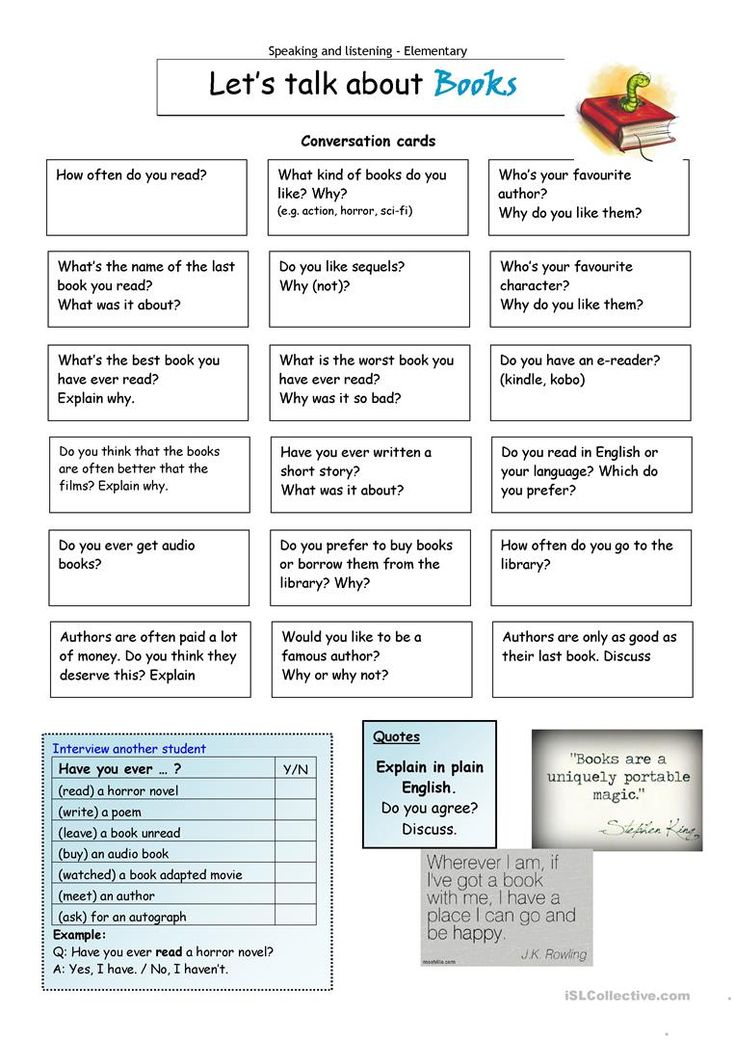 Jo March gave me courage as I moved to New York City alone. Stargirl taught me popularity is never constant and is a futile pursuit. The Giver gave me courage to accept the pain of human experience. And it was the enduring Rachel from the Old Testament that literally moved me out of my pew one Sunday morning overcome by emotion as I tried to make sense of the timeline of my life.
Jo March gave me courage as I moved to New York City alone. Stargirl taught me popularity is never constant and is a futile pursuit. The Giver gave me courage to accept the pain of human experience. And it was the enduring Rachel from the Old Testament that literally moved me out of my pew one Sunday morning overcome by emotion as I tried to make sense of the timeline of my life.
Wolf reminds us of deep reading’s eventual reward, “Such joy is no random event reached by serendipity or a temperament disposed to happiness; rather, it is the perquisite of the hard-won thoughts and feelings of the person who makes room and time for it.”
Yes, we can have our own heads and cultivate our own wisdom. But it might just take the discipline and determination to “teach ourselves to read again.”
Teaching children to read isn’t easy. How do kids actually learn to read?
A student in a Mississippi elementary school reads a book in class. Research shows young children need explicit, systematic phonics instruction to learn how to read fluently. Credit: Terrell Clark for The Hechinger Report
Research shows young children need explicit, systematic phonics instruction to learn how to read fluently. Credit: Terrell Clark for The Hechinger ReportTeaching kids to read isn’t easy; educators often feel strongly about what they think is the “right” way to teach this essential skill. Though teachers’ approaches may differ, the research is pretty clear on how best to help kids learn to read. Here’s what parents should look for in their children’s classroom.
How do kids actually learn how to read?
Research shows kids learn to read when they are able to identify letters or combinations of letters and connect those letters to sounds. There’s more to it, of course, like attaching meaning to words and phrases, but phonemic awareness (understanding sounds in spoken words) and an understanding of phonics (knowing that letters in print correspond to sounds) are the most basic first steps to becoming a reader.
If children can’t master phonics, they are more likely to struggle to read. That’s why researchers say explicit, systematic instruction in phonics is important: Teachers must lead students step by step through a specific sequence of letters and sounds. Kids who learn how to decode words can then apply that skill to more challenging words and ultimately read with fluency. Some kids may not need much help with phonics, especially as they get older, but experts say phonics instruction can be essential for young children and struggling readers “We don’t know how much phonics each kid needs,” said Anders Rasmussen, principal of Wood Road Elementary School in Ballston Spa, New York, who recently led the transformation of his schools’ reading program to a research-based, structured approach. “But we know no kid is hurt by getting too much of it.”
That’s why researchers say explicit, systematic instruction in phonics is important: Teachers must lead students step by step through a specific sequence of letters and sounds. Kids who learn how to decode words can then apply that skill to more challenging words and ultimately read with fluency. Some kids may not need much help with phonics, especially as they get older, but experts say phonics instruction can be essential for young children and struggling readers “We don’t know how much phonics each kid needs,” said Anders Rasmussen, principal of Wood Road Elementary School in Ballston Spa, New York, who recently led the transformation of his schools’ reading program to a research-based, structured approach. “But we know no kid is hurt by getting too much of it.”
How should your child’s school teach reading?
Timothy Shanahan, a professor emeritus at the University of Illinois at Chicago and an expert on reading instruction, said phonics are important in kindergarten through second grade and phonemic awareness should be explicitly taught in kindergarten and first grade. This view has been underscored by experts in recent years as the debate over reading instruction has intensified. But teaching kids how to read should include more than phonics, said Shanahan. They should also be exposed to oral reading, reading comprehension and writing.
This view has been underscored by experts in recent years as the debate over reading instruction has intensified. But teaching kids how to read should include more than phonics, said Shanahan. They should also be exposed to oral reading, reading comprehension and writing.
The wars over how to teach reading are back. Here’s the four things you need to know.
Wiley Blevins, an author and expert on phonics, said a good test parents can use to determine whether a child is receiving research-based reading instruction is to ask their child’s teacher how reading is taught. “They should be able to tell you something more than ‘by reading lots of books’ and ‘developing a love of reading.’ ” Blevins said. Along with time dedicated to teaching phonics, Blevins said children should participate in read-alouds with their teacher to build vocabulary and content knowledge. “These read-alouds must involve interactive conversations to engage students in thinking about the content and using the vocabulary,” he said. “Too often, when time is limited, the daily read-alouds are the first thing left out of the reading time. We undervalue its impact on reading growth and must change that.”
“Too often, when time is limited, the daily read-alouds are the first thing left out of the reading time. We undervalue its impact on reading growth and must change that.”
Rasmussen’s school uses a structured approach: Children receive lessons in phonemic awareness, phonics, pre-writing and writing, vocabulary and repeated readings. Research shows this type of “systematic and intensive” approach in several aspects of literacy can turn children who struggle to read into average or above-average readers.
What should schools avoid when teaching reading?
Educators and experts say kids should be encouraged to sound out words, instead of guessing. “We really want to make sure that no kid is guessing,” Rasmussen said. “You really want … your own kid sounding out words and blending words from the earliest level on.” That means children are not told to guess an unfamiliar word by looking at a picture in the book, for example. As children encounter more challenging texts in later grades, avoiding reliance on visual cues also supports fluent reading. “When they get to ninth grade and they have to read “Of Mice and Men,” there are no picture cues,” Rasmussen said.
“When they get to ninth grade and they have to read “Of Mice and Men,” there are no picture cues,” Rasmussen said.
Related: Teacher Voice: We need phonics, along with other supports, for reading
Blevins and Shanahan caution against organizing books by different reading levels and keeping students at one level until they read with enough fluency to move up to the next level. Although many people may think keeping students at one level will help prevent them from getting frustrated and discouraged by difficult texts, research shows that students actually learn more when they are challenged by reading materials.
Blevins said reliance on “leveled books” can contribute to “a bad habit in readers.” Because students can’t sound out many of the words, they rely on memorizing repeated words and sentence patterns, or on using picture clues to guess words. Rasmussen said making kids stick with one reading level — and, especially, consistently giving some kids texts that are below grade level, rather than giving them supports to bring them to grade level — can also lead to larger gaps in reading ability.
How do I know if a reading curriculum is effective?
Some reading curricula cover more aspects of literacy than others. While almost all programs have some research-based components, the structure of a program can make a big difference, said Rasmussen. Watching children read is the best way to tell if they are receiving proper instruction — explicit, systematic instruction in phonics to establish a foundation for reading, coupled with the use of grade-level texts, offered to all kids.
Parents who are curious about what’s included in the curriculum in their child’s classroom can find sources online, like a chart included in an article by Readingrockets.org which summarizes the various aspects of literacy, including phonics, writing and comprehension strategies, in some of the most popular reading curricula.
Blevins also suggested some questions parents can ask their child’s teacher:
- What is your phonics scope and sequence?
“If research-based, the curriculum must have a clearly defined phonics scope and sequence that serves as the spine of the instruction. ” Blevins said.
” Blevins said.
- Do you have decodable readers (short books with words composed of the letters and sounds students are learning) to practice phonics?
“If no decodable or phonics readers are used, students are unlikely to get the amount of practice and application to get to mastery so they can then transfer these skills to all reading and writing experiences,” Blevins said. “If teachers say they are using leveled books, ask how many words can students sound out based on the phonics skills (teachers) have taught … Can these words be fully sounded out based on the phonics skills you taught or are children only using pieces of the word? They should be fully sounding out the words — not using just the first or first and last letters and guessing at the rest.”
- What are you doing to build students’ vocabulary and background knowledge? How frequent is this instruction? How much time is spent each day doing this?
“It should be a lot,” Blevins said, “and much of it happens during read-alouds, especially informational texts, and science and social studies lessons.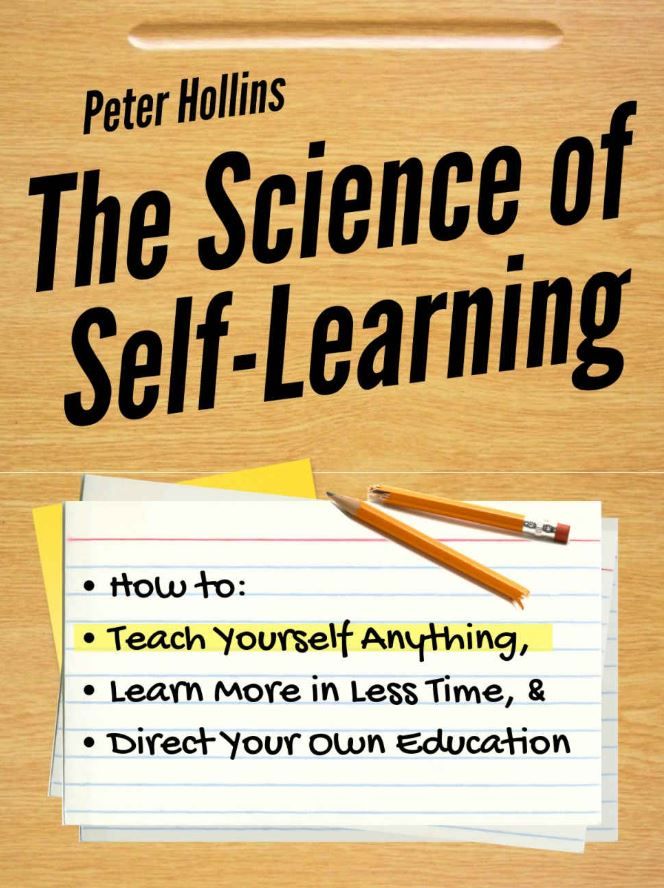 ”
”
- Is the research used to support your reading curriculum just about the actual materials, or does it draw from a larger body of research on how children learn to read? How does it connect to the science of reading?
Teachers should be able to answer these questions, said Blevins.
What should I do if my child isn’t progressing in reading?
When a child isn’t progressing, Blevins said, the key is to find out why. “Is it a learning challenge or is your child a curriculum casualty? This is a tough one.” Blevins suggested that parents of kindergarteners and first graders ask their child’s school to test the child’s phonemic awareness, phonics and fluency.
Parents of older children should ask for a test of vocabulary. “These tests will locate some underlying issues as to why your child is struggling reading and understanding what they read,” Blevins said. “Once underlying issues are found, they can be systematically addressed. ”
”
“We don’t know how much phonics each kid needs. But we know no kid is hurt by getting too much of it.”
Anders Rasmussen, principal of Wood Road Elementary School in Ballston Spa, New York
Rasmussen recommended parents work with their school if they are concerned about their children’s progress. By sitting and reading with their children, parents can see the kind of literacy instruction the kids are receiving. If children are trying to guess based on pictures, parents can talk to teachers about increasing phonics instruction.
“Teachers aren’t there doing necessarily bad things or disadvantaging kids purposefully or willfully,” Rasmussen said. “You have many great reading teachers using some effective strategies and some ineffective strategies.”
What can parents do at home to help their children learn to read?
Parents want to help their kids learn how to read but don’t want to push them to the point where they hate reading.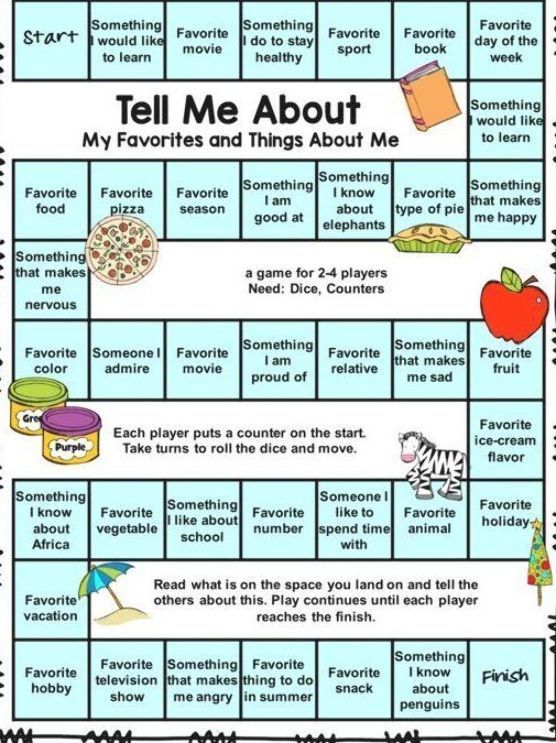 “Parents at home can fall into the trap of thinking this is about drilling their kid,” said Cindy Jiban, a former educator and current principal academic lead at NWEA, a research-based non-profit focused on assessments and professional learning opportunities. “This is unfortunate,” Jiban said. “It sets up a parent-child interaction that makes it, ‘Ugh, there’s this thing that’s not fun.’” Instead, Jiban advises making decoding playful. Here are some ideas:
“Parents at home can fall into the trap of thinking this is about drilling their kid,” said Cindy Jiban, a former educator and current principal academic lead at NWEA, a research-based non-profit focused on assessments and professional learning opportunities. “This is unfortunate,” Jiban said. “It sets up a parent-child interaction that makes it, ‘Ugh, there’s this thing that’s not fun.’” Instead, Jiban advises making decoding playful. Here are some ideas:
- Challenge kids to find everything in the house that starts with a specific sound.
- Stretch out one word in a sentence. Ask your child to “pass the salt” but say the individual sounds in the word “salt” instead of the word itself.
- Ask your child to figure out what every family member’s name would be if it started with a “b” sound.
- Sing that annoying “Banana fana fo fanna song.” Jiban said that kind of playful activity can actually help a kid think about the sounds that correspond with letters even if they’re not looking at a letter right in front of them.

- Read your child’s favorite book over and over again. For books that children know well, Jiban suggests that children use their finger to follow along as each word is read. Parents can do the same, or come up with another strategy to help kids follow which words they’re reading on a page.
Giving a child diverse experiences that seem to have nothing to do with reading can also help a child’s reading ability. By having a variety of experiences, Rasmussen said, children will be able to apply their own knowledge to better comprehend texts about various topics.
This story about teaching children to read was produced by The Hechinger Report, a nonprofit, independent news organization focused on inequality and innovation in education. Sign up for Hechinger’s newsletter.
The Hechinger Report provides in-depth, fact-based, unbiased reporting on education that is free to all readers. But that doesn't mean it's free to produce. Our work keeps educators and the public informed about pressing issues at schools and on campuses throughout the country. We tell the whole story, even when the details are inconvenient. Help us keep doing that.
Our work keeps educators and the public informed about pressing issues at schools and on campuses throughout the country. We tell the whole story, even when the details are inconvenient. Help us keep doing that.
Join us today.
Read the book “Teach yourself to laugh! Laughter therapy" online completely📖 — Igor Vagin — MyBook.
Catch a lifeline!
Hello participants of natural selection! All of you are exclusive creations of nature and by right should take your place in the honeycombs of this life.
How to find your place in life?
Places to know!
You have a choice: either immediately take advantage of my experience, or develop your own method of stabbing in the shower. Everyone who says that there is nothing more useful than their own experience is lying mercilessly, impudently and unscrupulously. Experience is what you get if you don't get what you want.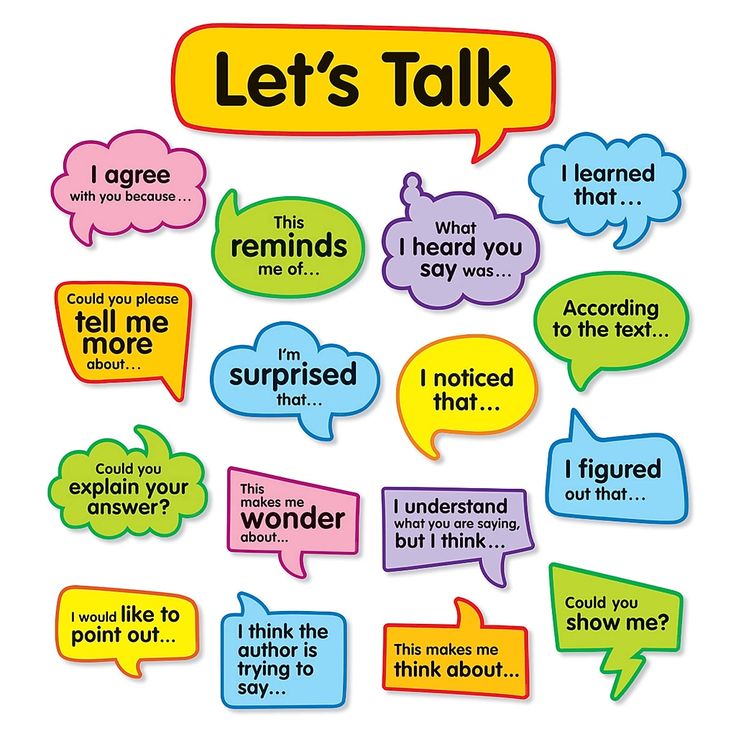 What people call their own experience is just a chain of their stupidest mistakes. nine0005
What people call their own experience is just a chain of their stupidest mistakes. nine0005
Supernova Russian gets a job. - I'm actually a commercial specialist.
- Shops?
- I have experience.
– Apartments?
- I also have experience.
– Banks?
- There is experience, but not enough: only ten minutes.
- How so?
- Then the alarm went off and we were tied up.
And I will teach you to do what you have never been able to do. And you, if you passionately want to become the minions of fate, forget how to do what you have always been able to do. nine0005
In the meantime, answer the question: “Should a smart person know what every fool knows?”
Think...
Warning: if you are the smartest, who can appreciate it?
By the way, when was the last time you laughed like a fool?
Remember…
For more than 20 years I have been doing what is now called the buzzword “laughter therapy”. I have a clear program on how to develop a sense of humor, how to conduct trainings in laughter therapy.
I have a clear program on how to develop a sense of humor, how to conduct trainings in laughter therapy.
Laughter therapy techniques should be handled by good professional clinicians. Why doesn't it work for amateurs who pretend to be professionals? The main reasons:
They cannot take the pressure off a person.
They cannot set a person on a wave of humor.
Unable to establish resonance with the client, do not know which psycho-complexes to influence.
There is no trust between master and slave.
The client has negative feelings towards the coach. nine0005
Only a professional can overcome these psychological barriers. An amateur coach often humors himself, a professional quickly achieves what the client humored, because he is able to rise above his own negative situation. That's where the dog is buried!
The psychiatrist knows perfectly well that humor is also physiological. This means that, first of all, human physiology must be adjusted to humor. And some turkeys claim that only what is called the release of endorphins is important. But the release of endorphins just depends on the physiology and biochemistry of a person. nine0005
And some turkeys claim that only what is called the release of endorphins is important. But the release of endorphins just depends on the physiology and biochemistry of a person. nine0005
I conduct all my trainings with the obligatory inclusion of humorous blocks. These are trainings on the superpowers of a person, on confidence, on removing barriers of fear, on money, on erotica. Humor in general increases a person's energy, makes him stronger, more self-confident, he controls himself and the situation better.
There are also features of humor in the group. Western techniques of laughter therapy, based on ridiculous movements, meaningless "neighing", practically do not work for us. Our people are more tense, they must first be physically relaxed, using relaxation techniques and deep breathing, and only then launch funny quotes, paradoxical statements, ambiguities, short anecdotes in small portions. nine0005
It's one thing when people come to the performances of famous comedians. They tune in to the concert in advance. It's another matter to make someone laugh or move a person to laugh at once. It's difficult.
They tune in to the concert in advance. It's another matter to make someone laugh or move a person to laugh at once. It's difficult.
The role of the trainer in laughter therapy is great. It is very important how much he is associated with a person with a healthy sense of humor, how much he can be trusted, how capable he is of paradoxical “tricks”, how adequately he feels the audience.
What kind of humor is there? When do we laugh? nine0005
We laugh when others laugh, and when it is necessary to laugh in order to be free from problems.
What is not to be laughed at? Here it is important to take into account the peculiarities of culture, the peculiarities of the perception of the picture of the world of a particular person. When a person undergoes training in laughter therapy, he is already able to laugh at anything. At first, some aspects of life are better left untouched.
Humor should be dosed, directed, skillfully controlled.
Laughter brings people together, that's why we promptly switch to "YOU".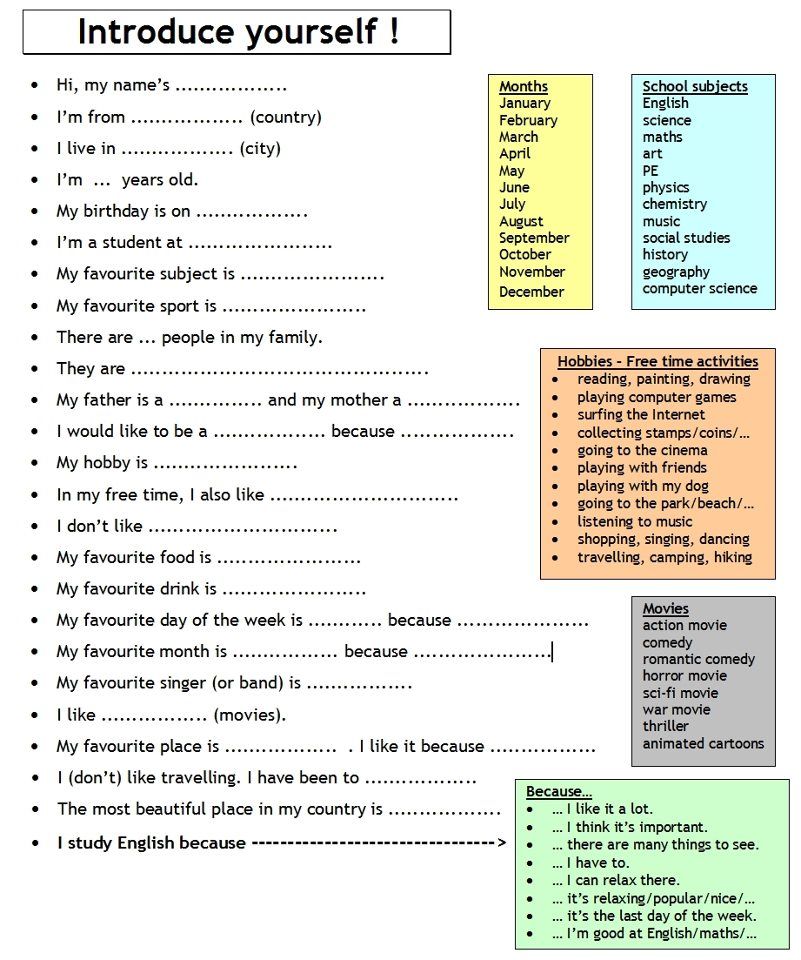 It would be absurd to laugh together for several hours or days, and in the pauses to speak eloquently, using the coldly respectful pronoun "YOU". nine0005
It would be absurd to laugh together for several hours or days, and in the pauses to speak eloquently, using the coldly respectful pronoun "YOU". nine0005
And let snobs and bigots turn their upturned noses and don't read a book! We won't lose anything from this. And what they lose, we do not care - it's their choice!
Laughter is the song of freedom. We may fail, but we cannot be defeated while we laugh.
Humor is a defensive psychological reaction to the fear of the vicissitudes of life. He laughed and destroyed the idol of fear within himself. And life is scary for everyone. Has this never occurred to you? After all, in essence, no one knows how to live, no matter what the enlightened gurus, priests, philosophers, politicians and others like them preach ...
The only lifeline that God has thrown to a person who is fighting for his life in a raging ocean of passions and hardships is humor. So use this lifeboat!
I will help. I will give travel and detailed instructions for use.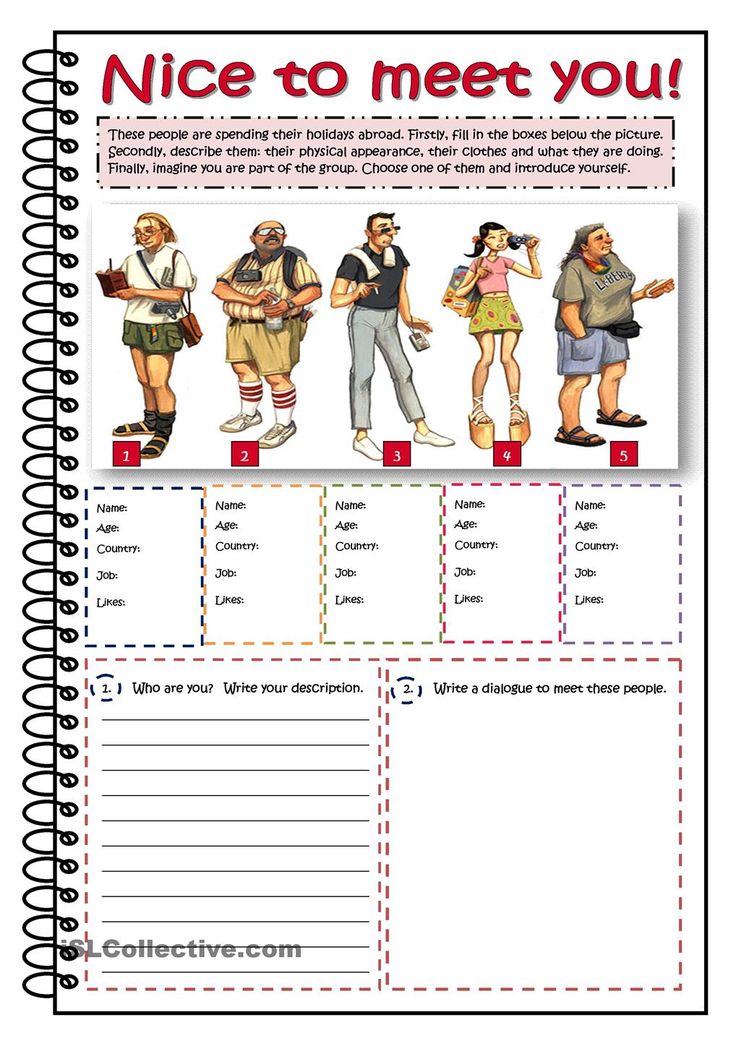 The rest is the work of the drowning man himself. Unless, of course, his head is still in place.
The rest is the work of the drowning man himself. Unless, of course, his head is still in place.
Head in place, brains not boiling?
Besu - in the ribs!
The world is laughing at you. And you?
Have you ever thought about what awaits you tomorrow? Next month or next year? nine0005
Joy, success, financial well-being. Ah, the most beautiful woman or man will definitely be with you in the same bed. Are you sure about this?
Ah, everything will be fine with you, you are charmed by happiness, success and financial well-being. Do you even have a certificate? Here, here, show her to fate, then she will laugh. She is a great master of nasty things and unpleasant surprises.
What, have you never had black streaks in your life? So everything is ahead.
Get ready! nine0005
Get ready to play the lead in a different scenario.
You were kicked out from everywhere. You are homeless. You are nobody. Can you laugh? It is hard to imagine? Then go down to the basement, talk to a real bum.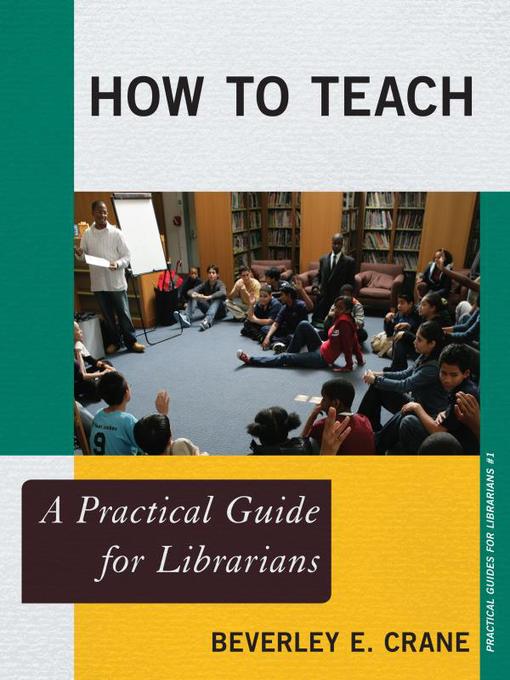 Ask him, did he know in advance that he was in for a poor life? No no and one more time no.
Ask him, did he know in advance that he was in for a poor life? No no and one more time no.
All your money was stolen, you are a beggar. What, the head is already nervous?
Your wife left you. Ah, she is faithful to you! Have you asked her if she wants to be faithful? You made the decision for her. Of course she won't tell you that. Mood spoiled? Well, cuckold, go butt! nine0005
Next. Has it ever happened to you that you invited friends to visit, but no one came? The table is set, and around the table is empty. And then it dawned on you: the point is not what is on your table, but who is at your table. What, already fidgeted? What a blow to ego!
Have you noticed that people are never late for places where they are not expected? There is a feeling that it would be possible to come later. And where you are not expected, this would certainly rejoice.
You were fired from your job. And you thought you were irreplaceable, and you are so appreciated! A crisis? Laugh weakly? But one of our acquaintances, when she was fired from the research institute, leaving, said: “Well, there is one less prostitute at the institute!” nine0005
You are seriously ill. There is no laughing matter here. Not funny? And have you tried?
There is no laughing matter here. Not funny? And have you tried?
You have three months left to live. Oh, are you immortal? Have you never buried your friends and loved ones? They also thought they were immortal. Look around: people are dying, and it's not that they die, but who's next? People fuss for a thousand years, but hardly live to a hundred.
Will you be able to laugh at yourself when you find yourself in such situations, or will you whine like a small dog with a black paw roaming the garbage dumps? If you get hit on the head during the first round, can you get up and knock out the opponent called "crisis"? nine0005
To laugh at yourself, you need to be cool.
Coolness is not the kind that a man riding a Mercedes boasts of from his mistress home to his wife, who is waiting for him with a wonderful dinner. And not the coolness that someone who has a villa in Miami demonstrates.
The really cool one is the one who walks with blisters on his feet, knowing that it is useless to climb into the baskets - it is empty there, and no one is waiting for him anywhere, and he laughs at the same time.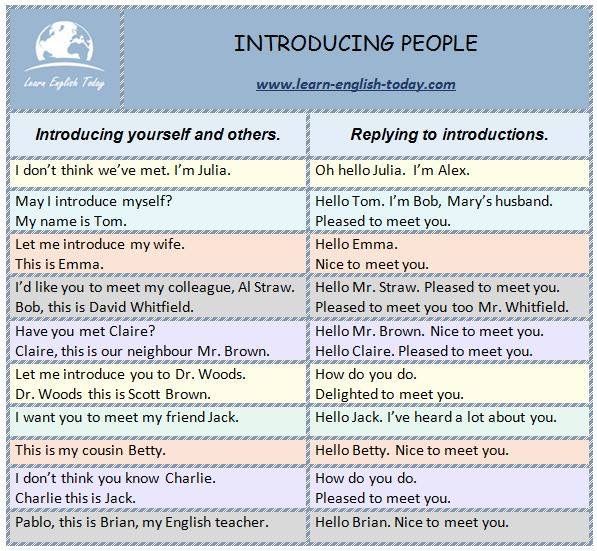
Read online "Teach yourself to love ...", Irina Nikolaevna Yusupova - LitRes
Teach yourself to love…
– …And here is a wonderful love-detective novel, with elements of mysticism and fantasy, at a completely ridiculous price!
"This is what we need," she thought. "Just enough for two hours. And I won't think about anything..." And she said aloud:
- How much is your romance? Let's...
From the very first pages, she realized that she had been swindled. That's why this peddler ran away so fast! All mysticism and fantasy boiled down to the fact that the heroes sometimes crossed themselves and said "With God", and the detective, apparently, if it unfolds, then on the last two pages. Solid snot. “Her eyelashes fluttered… He played with jaws… Her high breasts heaved… His nostrils quivered…” Ugh. She hated such literature. I'd rather buy "Speed-Info"! Yes, okay ... Maybe they will spread something else. Now there is a lot of this stuff in trains.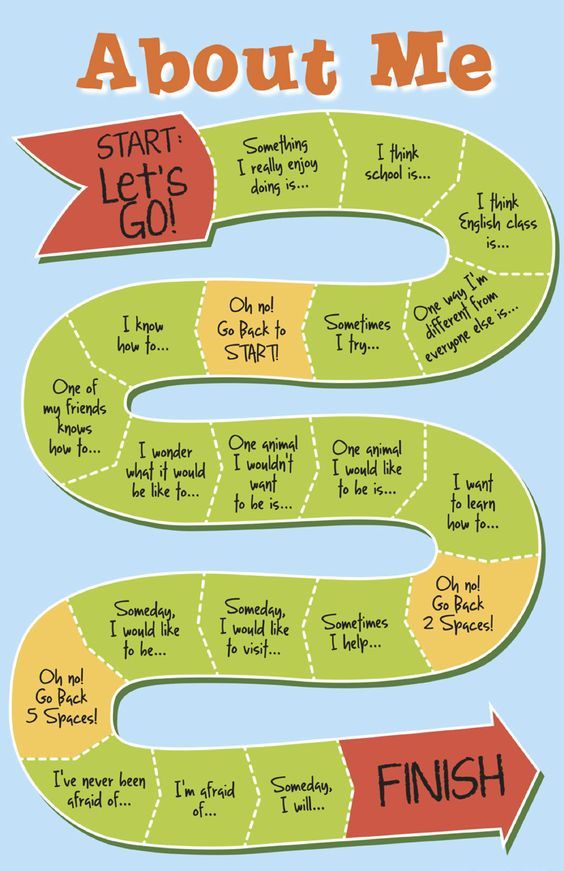 nine0005
nine0005
Then she started looking out the window. It would be better, of course, on people, it's more interesting! But there were almost no passengers. At the end of the carriage, two grannies were talking animatedly about something, and in the middle a drunken peasant was snoring sweetly... The weather was wonderful, Sunday morning, no one was going home yet...
Her vacation, having barely begun, was already over. She spent only three days at home, brought her mother to the ambulance, and realized that it was better to leave. Well, she can't live there! Everything is bad and everything is wrong! And then there's the mother with this fiancé of hers. No, well, laughter through tears! "Absolutely by chance" a sleek and dressed-up man came in with wine and cake! Probably the whole city was aware of this “accident”! nine0005
Yes, it seems to be a native city… Although, what city is there? Gorodishko. Gorodushechko. Gorodulechko. Maybe once he was given the status of a city, when there were more people.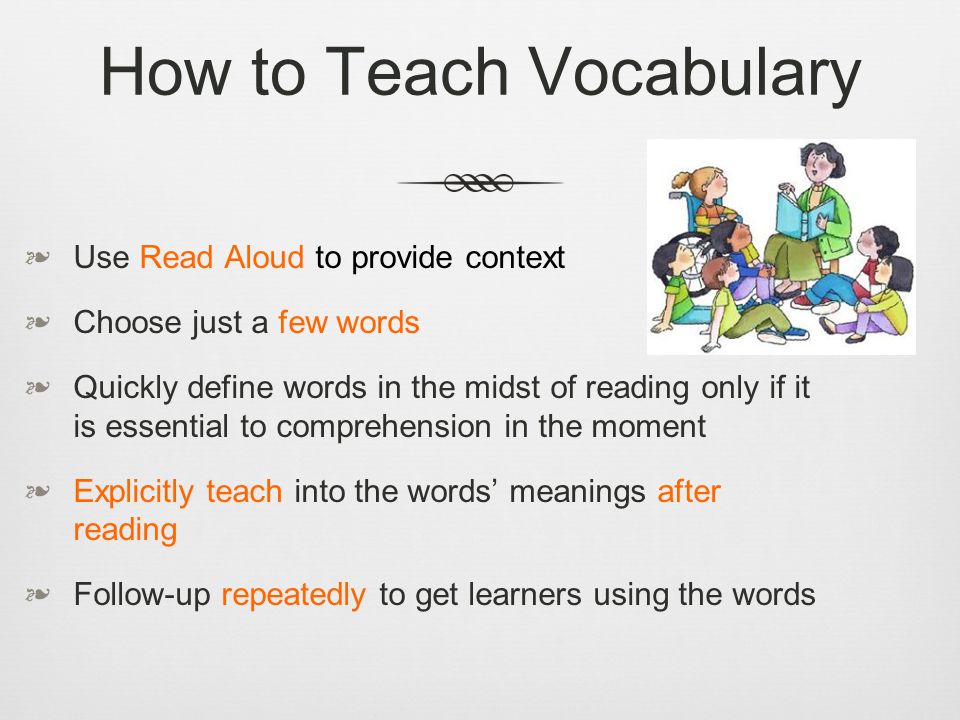 Now what? Everyone fled. Who is in Moscow, who is even further. Yes, and what to do there? Two real jobs for the entire population are a dairy and a poultry farm. What if she doesn't want to be either a milkmaid or a poultry keeper? Then - the service sector, where it is very, very difficult to break through, all the places have long been dismantled! And in general ... She just wanted to be a Muscovite. This stupid provincial complex was sitting in it, and that's it. I wanted to be a Muscovite and at the same time I hated these same Muscovites to hell! Well, where is the justice? All of them. Theaters and institutes, museums and shops, exhibitions and vernissages, cinema and just all the entertainment! And even if any normal person does not go there so often, but the very consciousness that all this is nearby! But how to go to the theater if then you have to go home for two and a half hours by train? That's it...
Now what? Everyone fled. Who is in Moscow, who is even further. Yes, and what to do there? Two real jobs for the entire population are a dairy and a poultry farm. What if she doesn't want to be either a milkmaid or a poultry keeper? Then - the service sector, where it is very, very difficult to break through, all the places have long been dismantled! And in general ... She just wanted to be a Muscovite. This stupid provincial complex was sitting in it, and that's it. I wanted to be a Muscovite and at the same time I hated these same Muscovites to hell! Well, where is the justice? All of them. Theaters and institutes, museums and shops, exhibitions and vernissages, cinema and just all the entertainment! And even if any normal person does not go there so often, but the very consciousness that all this is nearby! But how to go to the theater if then you have to go home for two and a half hours by train? That's it...
She fell in love with Moscow at the age of five. Then for the first time her parents took her there for some kind of holiday - either May Day, or Victory Day. Music, flowers, delicious ice cream, smart people! All this made such an impression on her! And in the evening - illumination and fireworks. They were able to watch it because some distant relatives agreed to give them shelter for the night. And even then, at such a tender age, she said to herself: "I will only live in Moscow. I will grow up, and I will definitely live in Moscow!" Then she, of course, very vaguely imagined how it would all turn out, but the goal appeared. And she was not stubborn! nine0005
Music, flowers, delicious ice cream, smart people! All this made such an impression on her! And in the evening - illumination and fireworks. They were able to watch it because some distant relatives agreed to give them shelter for the night. And even then, at such a tender age, she said to herself: "I will only live in Moscow. I will grow up, and I will definitely live in Moscow!" Then she, of course, very vaguely imagined how it would all turn out, but the goal appeared. And she was not stubborn! nine0005
And then, also quite early, in the sixth grade, she began to think quite like an adult - how can she cling to Moscow? Marry? It would be good! But this is a lucky chance, and you shouldn't really count on it. What is real? By limit? Well, I do not! She had heard enough stories about the endless pursuit of donkeys for that very “carrot-apartment”! So, you need to buy an apartment. Thankfully, it's possible now. Money ... She understood the prices perfectly, she shoveled so many real estate magazines! Even if you sell them, in fact, a rather strong house, the money is barely enough for a one-room apartment.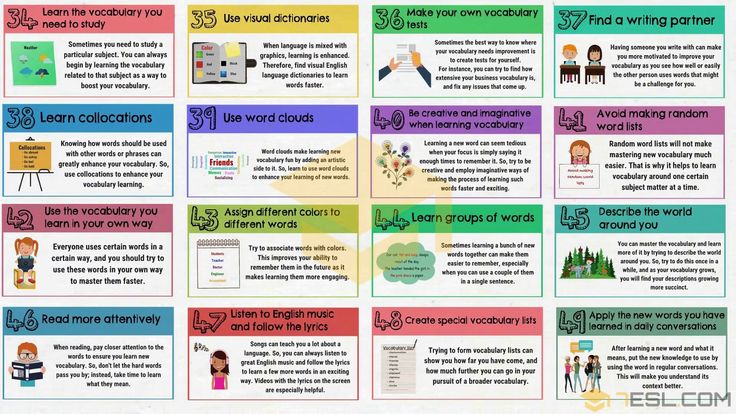 And how will she live there? With a mother and an increasingly drunken father? Dismiss me. Yes, and they will not agree for any money. Here, truly, the fans of this damn town! nine0005
And how will she live there? With a mother and an increasingly drunken father? Dismiss me. Yes, and they will not agree for any money. Here, truly, the fans of this damn town! nine0005
"So you have to push through on your own," she decided to herself. But how? Go to college? What about the competition? Yes, for non-residents, plus additional points for a hostel! And she did not study very well ... And not because she was lazy. It just didn't work. The only thing that went well was math. What a wonderful item! No abstraction, as in physics, no imagination, as in literature! Everything is clear, logical, understandable. It's so nice to work with numbers, to build simple and correct chains of evidence! And where is only mathematics in its purest form needed? She decided for herself - accounting. And the profession is very, very in demand. And well paid. nine0005
With a great fight she won back her two-year education from her parents – the courses in Moscow were prestigious and expensive. But after the end of these courses, they really really got a job, she found out everything. Of course, she didn’t tell her parents that she wanted to stay in Moscow by hook or by crook, and they thought that she would work at home… this is not for everyone! But not just her. She had a goal - Moscow. She worked on trains. She studied accounts and postings, studied accounting journals, read smart books on the subject. nine0005
But after the end of these courses, they really really got a job, she found out everything. Of course, she didn’t tell her parents that she wanted to stay in Moscow by hook or by crook, and they thought that she would work at home… this is not for everyone! But not just her. She had a goal - Moscow. She worked on trains. She studied accounts and postings, studied accounting journals, read smart books on the subject. nine0005
And finally, the distribution... And she, the best of the students, was not taken anywhere! Muscovites, Muscovites... Only Muscovites were needed everywhere! Or they offered a salary that would go all the way to pay for the road. Rent the room? Another vicious circle. After all, then all the money will go to pay for this room ...
What to do? Give up? Stay in town? Oh no! She is stubborn. And at the next interview, she did not tell the whole truth. That is, she said that she did not live in Moscow, but only kept silent that it was so far away. She waved it off, as if everyone should know: "Yes, it's very close!" Deputy the director who spoke to her did not know where this very little town of theirs was. And to the question - how far, she answered: "Yes, as through Moscow, even closer!" She did not focus on this, and the first obstacle was passed. And here is the second one... The director, smiling, gave her an automobile atlas:
And to the question - how far, she answered: "Yes, as through Moscow, even closer!" She did not focus on this, and the first obstacle was passed. And here is the second one... The director, smiling, gave her an automobile atlas:
Show me.
Blushing, she found the right page. The director, narrowing his eyes, watched her, and when she returned the atlas opened to the right page, again smiling, he asked:
- And how are you going to travel from there? We need full-fledged workers, and not exhausted by the trip before the start of the working day.
“I’ll try to get a room…” she murmured.
- And what will you live on? Your salary does not yet include such expenses. Maybe later... There are very good reviews about you in the courses. But not at once! nine0005
She was about to cry, she could hardly restrain herself, when he suddenly said:
– But anyway… At first, I can help. I have an apartment. Free. I can give up for now.
She looked at him and understood everything.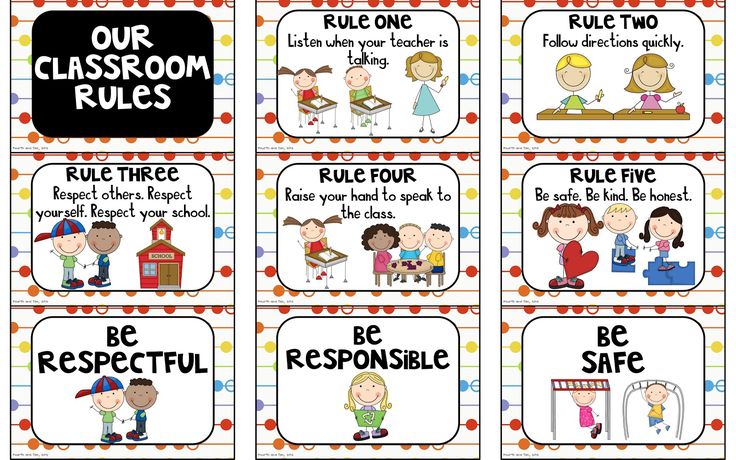 And agreed. Well ... She will not be lost. Yes, and he’s a man, it seems, nothing ... Not so old, and not so nasty ... As they say, he will endure, fall in love.
And agreed. Well ... She will not be lost. Yes, and he’s a man, it seems, nothing ... Not so old, and not so nasty ... As they say, he will endure, fall in love.
…I could endure it, but, of course, I didn’t fall in love with it… Thank God, he didn’t want to. He didn’t come often, he didn’t demand much ... Once he thoughtfully said:
- You are strange, Tatyana. It seems that everything is with you - a beautiful, smart ... figure ... Everything. But something is missing. All desire disappears...
– If it disappears, don’t go, – she chuckled.
He just sighed, left the money, as usual, left...
She saved money furiously. I denied myself everything, I saved on everything I could. And now, finally, she got a tiny room in a huge communal apartment. Bought. Made everything right. And immediately announced this to the director. I thought I would get angry, demand money for living in his apartment ... Or even fire me. nine0005
No. It seemed that he was even delighted:
- Well.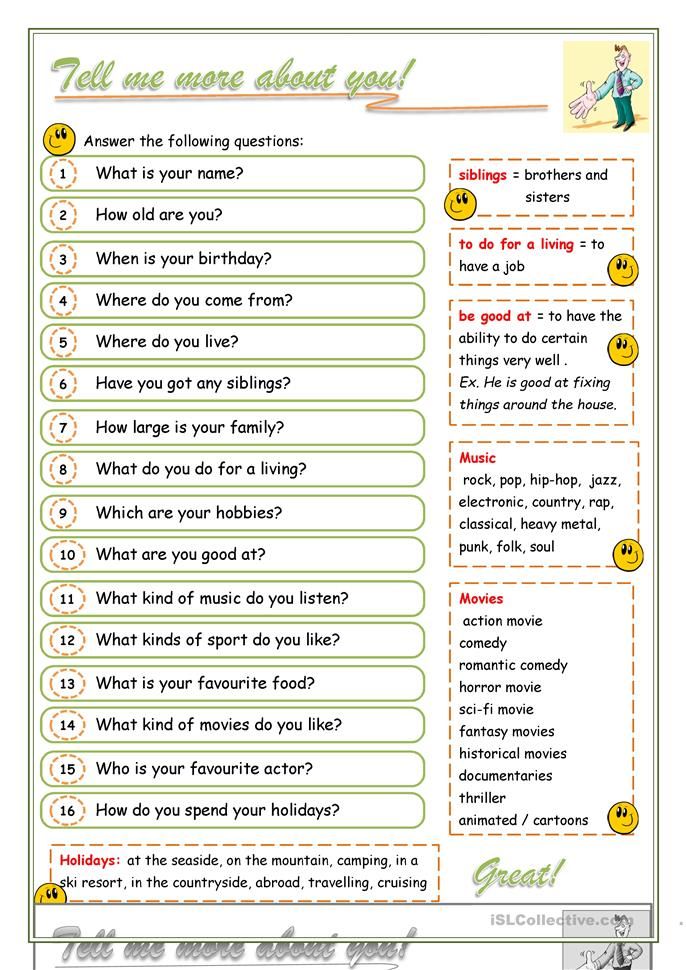 I'm glad. Your character is iron! And yes, you are a great worker. I think how Nina Matveevna will retire, and she is going to make you the chief accountant in September. I already told her that from tomorrow you will work together, she will devote you to all the last subtleties.
I'm glad. Your character is iron! And yes, you are a great worker. I think how Nina Matveevna will retire, and she is going to make you the chief accountant in September. I already told her that from tomorrow you will work together, she will devote you to all the last subtleties.
Well, that suited her very well! And the salary is more, and she likes her work. And how can people not love, and even more so, not understand accounting? Everything is so clear and simple. Where something has gone - somewhere it must arrive. They took it from here - they transferred it here. Everything is clear, clear. Everything to the penny. Taxes? Difficulties? Let's go around. You just need to know how. And that everything is according to the law. And she knows how, and how according to the law. She is always in perfect order in everything. nine0005
They never met the director again. But he often let her "earn some money" on the firm's clients. Everything was consensual. He called, said that there would be such and such, you need to be more kind, if you wish. She had one answer-question:
She had one answer-question:
- How much?
“Oh, and you love money, Tatyana,” he grinned.
– Well, should I love these goats?
- So everyone is a goat? he wondered.
- If you are ready to buy girls for money, then you are goats. nine0005
- And today, by the way, he will be very handsome and young. Take a closer look... And rich. … You are a beauty, you will definitely like it!
- Married?
- What's the difference?
- Married?
- Yes, sort of. So after all…
“That means a goat,” she said confidently.
And she needed an unmarried man with an apartment. It would be even better if he gave this apartment to her. Then he can be at least married, at least a goat, at least both at the same time. And what he will be at the same time - young, handsome, or vice versa, she absolutely did not care. She again saved up money and now for an apartment ...
…I was sitting like that, going over my whole simple life in my mind… And all because the book was not readable at all.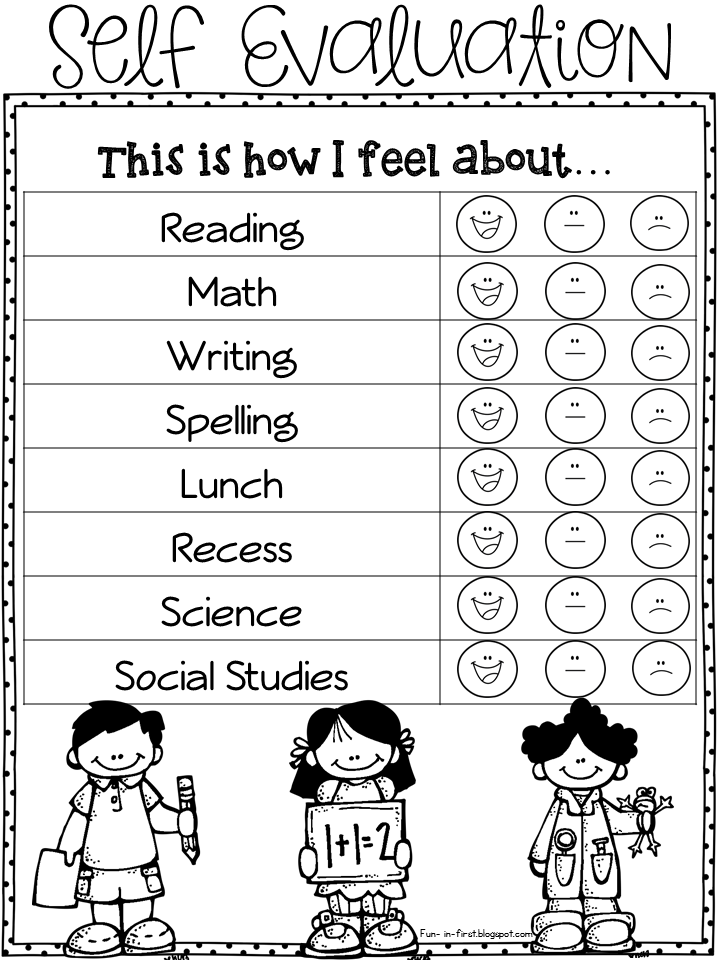 I started looking out the window. There was a highway next to the tracks. It only sometimes turned into the forest, but mostly it went almost parallel.
I started looking out the window. There was a highway next to the tracks. It only sometimes turned into the forest, but mostly it went almost parallel.
... She noticed a black powerful car a long time ago and was surprised - after all, it could have overtaken a train long ago! And the car, as if waiting for something, followed them without any hurry...
At the next station, a young woman entered the car. And how did she end up on the train? These usually drive in expensive foreign cars. She was just gorgeous. With a thick mane of blond hair, with huge pale green eyes, with such a figure and face that it took your breath away! And she was dressed in such a way that even now on the podium! The grannies in the corner fell silent in surprise. And the woman was confused. She looked around, examined everyone who was in the car, saw her and resolutely headed straight for her compartment. She sat opposite and seemed to want to ask for something ...
But then suddenly the train stopped at the station, to which the road came close.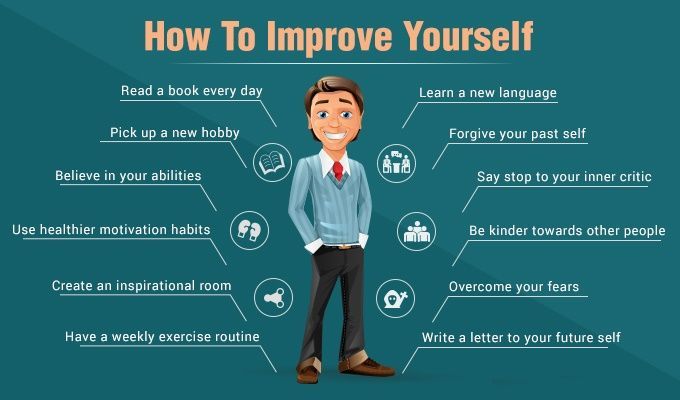 This was one of the few such stations, usually in front of the platforms the road went somewhere in a detour. A man ran out of the car and, almost before the doors closed, jumped onto the train. And he also entered their car. The woman turned pale. He approached her, knelt down and, looking into her eyes from below, said softly and bitterly:
This was one of the few such stations, usually in front of the platforms the road went somewhere in a detour. A man ran out of the car and, almost before the doors closed, jumped onto the train. And he also entered their car. The woman turned pale. He approached her, knelt down and, looking into her eyes from below, said softly and bitterly:
- Did you want to run away? Why...
- Tasya, don't... What do you want from me? nine0005
- All. And you know it.
- I can't. And you also know why…
– Is this your last word?
- Yes.
– Well, no, no… But I want you to stay that way forever! Like now! You left me no choice! Goodbye.
The man took out a small pistol, put it directly to the solar plexus of the woman and fired three times... She, having whispered, apparently already delirious: "Silver...", began to settle on the bench... The man was sitting next to her, holding her hand and pressing his cheek against her ... Shoulders trembled . .. Then he got up, kissed the woman on the lips, and, finally, looking around, fixed his eyes on Tatyana. She, already mentally saying goodbye to life, sat quietly. But he suddenly began to look intently and strangely into her eyes ... She was all swimming ...
.. Then he got up, kissed the woman on the lips, and, finally, looking around, fixed his eyes on Tatyana. She, already mentally saying goodbye to life, sat quietly. But he suddenly began to look intently and strangely into her eyes ... She was all swimming ...
…She woke up because a woman was tugging at her hand:
– Wake up, wake up…
She immediately jumped up:
– Are you alive?! Now, I'll call someone on the negotiation!
– No, don’t… It won’t help… – the woman was reclining on the bench, the blood, having already heavily soaked her light expensive dress, was dripping onto the floor… – Give me your hand… And look at me… In my eyes! Please…
– Why, you need to call someone!! - she was about to run again, but the woman held her by the hem. nine0005
– I beg you… Sit next to me… Give me your hand… Look at me… Into my eyes… into my eyes…
Something in her words made me obey… Obviously, this was the last request of the dying woman! The woman looked into her eyes, held her hand. .. Then she began to whisper something softly... She could not understand what. Very quietly and very unintelligibly... Her pale eyes seemed to fill the whole carriage... She was dissolving into them as if in a fog...
.. Then she began to whisper something softly... She could not understand what. Very quietly and very unintelligibly... Her pale eyes seemed to fill the whole carriage... She was dissolving into them as if in a fog...
...And she woke up from the strong smell of ammonia. The woman lay next to him and was already dead. Even in the car, many new faces appeared: a policeman, a sister who put stinking cotton wool up her nose, some people in civilian clothes, a photographer ... Grannies, who chatted all the way in the far corner of the car, now stood very close, occasionally crossing themselves and wailing softly. The drunken peasant was sitting in his place, but now he did not sleep, but, blinking his sleepy eyes, looked around. The car was standing still. Outside the window, she saw an ambulance and two police cars. There was no big black car that followed them all the way. nine0005
... The young, freckled lieutenant didn't want to believe that she wasn't hiding anything:
- How come you don't remember anything? Well, at least what was he wearing, what kind of person?
“I was frightened,” she repeated the same thing for the hundredth time.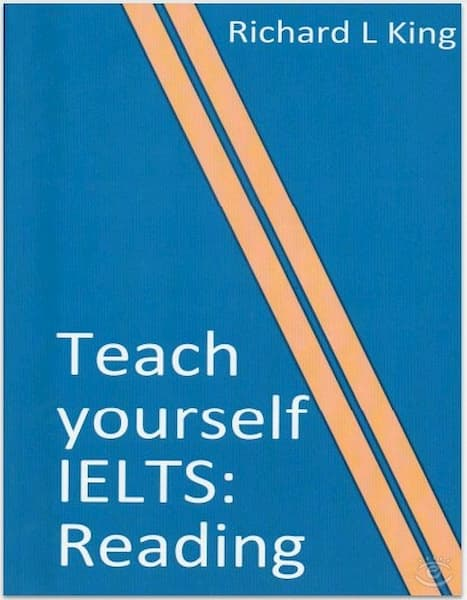 - Yes, and from the blood it became bad!
- Yes, and from the blood it became bad!
“Women should not be afraid of blood,” the lieutenant pretended to be Sherlock Holmes, frowned his blond eyebrows in concentration and tried to pretend that he was thinking by the method of deduction. They are not supposed to by nature. nine0005
"I didn't know it wasn't allowed," she said wearily. “If I had known, I wouldn’t have been afraid, of course!”
- Good. Let's go in order. What was the car? What's the brand?
- Yes, I don’t understand cars! Big, black. We don't seem to be doing that.
– Jeep?
- Maybe a jeep, I don't know.
– Number?
- Listen! She still got angry. - Here you are! Do you remember ALL numbers of ALL oncoming cars? No? After all, you are supposed to do this! What do you want from me? nine0005
“Not all cars have killers jumping out,” the lieutenant said instructively, raised his finger and really wanted to appear older than he is.
- So I didn't know he was a murderer!!! – she was again indignant and raised her voice.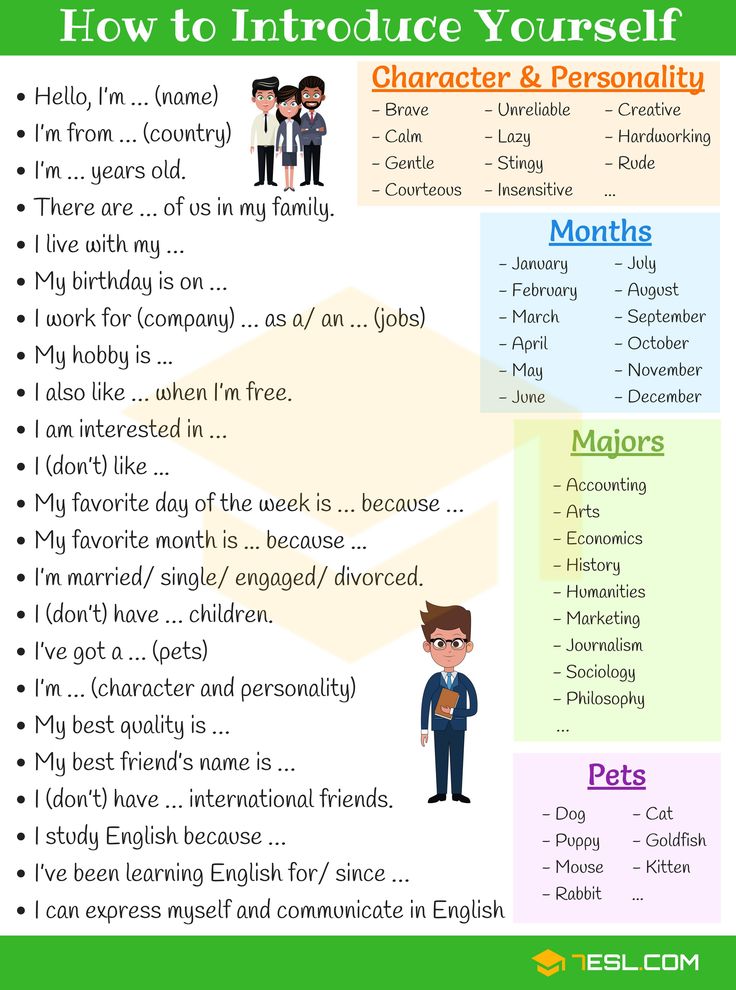 “Then he killed it!” And the car was BEFORE THAT! And not vice versa!
“Then he killed it!” And the car was BEFORE THAT! And not vice versa!
"Don't shout," he suddenly smiled. Do you want Fanta? I have ... - climbed into the table, took out a bottle. Then he got up and took glasses from the cupboard. - Such a heat ... I respect Fanta very much.
They drank a glass in silence, then he said shyly:
– Actually, this case will be taken away from us anyway... So get ready to answer these questions more than once. But I need it for the record. And in general it’s interesting ... - now he didn’t portray anyone, he sat thoughtfully, biting his pencil. It's like a swamp here, nothing ever happens. And suddenly this! And yet, well, at least you had to remember something! He is tall? Brunette, blond?
“He is a man,” she even closed her eyes, trying to remember. - Yes, perhaps tall ... And, perhaps, a brunette ... Eyes ... No, I don’t remember ... They shone - I remember ... It seems like tears ... And he himself, it seemed, was in black .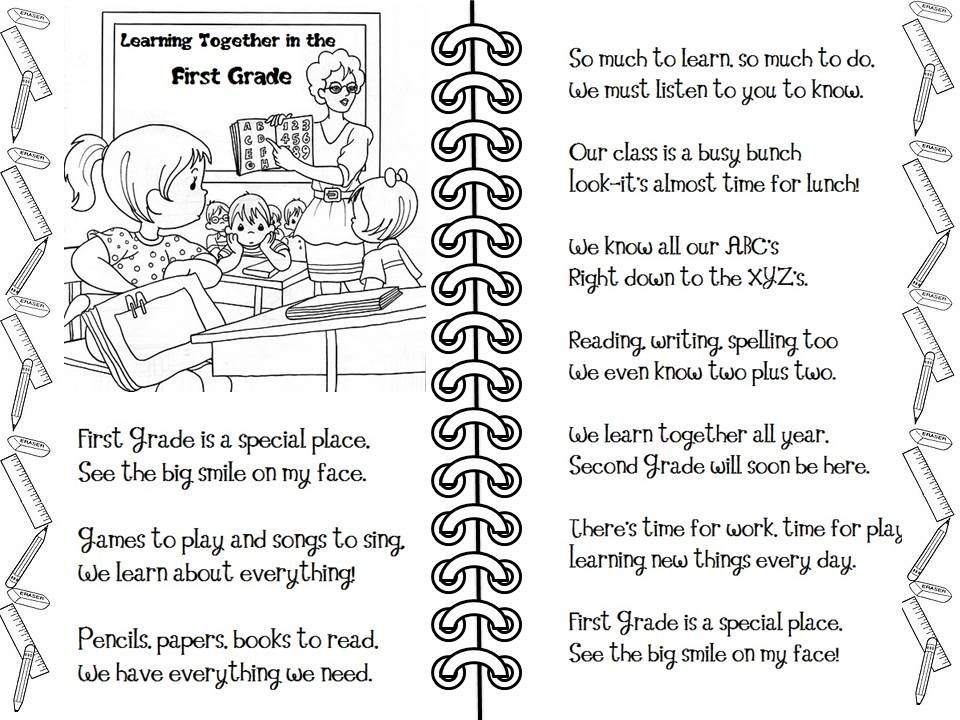 .. Either a jacket, or a shirt ... Dark ...
.. Either a jacket, or a shirt ... Dark ...
“Here, here,” the lieutenant was delighted. - You, most importantly, do not worry, maybe something else will come up? What were they talking about?
- She once called him strangely... Like a woman... I don't remember. I just remember that I was surprised - some kind of female name ... She also said about some jewelry ...
- Jewelry?
- Well, yes ... About the silver ones.
– An antique perhaps? He seemed to be thinking aloud. - It's not because of simple silver to kill? ...
- Maybe. Is it still possible? She held out the glass. “I haven’t had anything to drink or eat since the evening, by the way. I’ll die here right now, and there will be no one to interrogate! nine0005
- Oh, I also have something to eat! - he smiled again and already looked at her not as if she were being interrogated. - Will you just? Here.” He dived back into the table and pulled out a pack of oatmeal cookies. - The most common .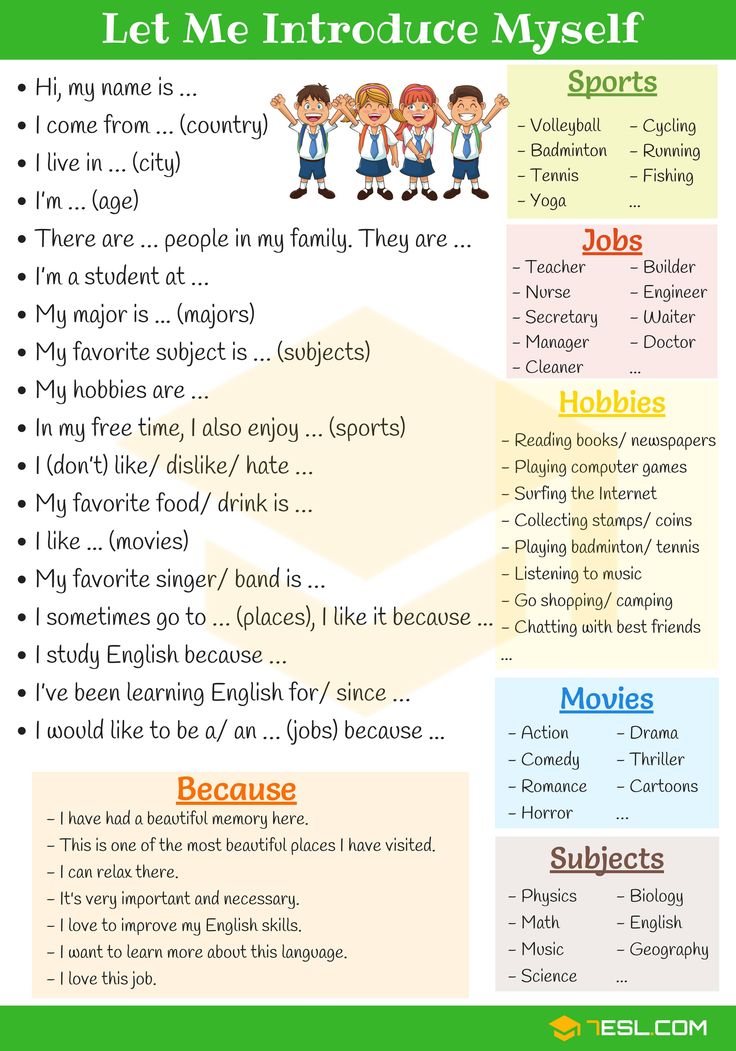 .. Will you?
.. Will you?
“Don’t die of hunger,” she sighed, seeing how he was now looking at her…
Of course, there was something to see. Even then, when she was thinking about how she could catch on to Moscow, there were thoughts about the career of an artist or a fashion model. And appearance for this was, and very suitable. Dark brown hair, bright blue eyes, pretty face. And the figure is not easy. That is, not the same one that set the teeth on edge, the standard is 90x60x90, and the most feminine one: slender long legs, graceful arms, a wasp waist, and at the same time, the chest and buttocks are such that the men got up everything they could stand at all! But she, with her mathematical mindset, perfectly understood that there was a lot of such good, and here too, either chance, or luck, or someone's big and furry paw is needed. Alas, none of this happened. And so she clearly, systematically and without unnecessary emotions went to her goal.
- ... Well, all right ... - the lieutenant, already simply, without imitating anyone, continued.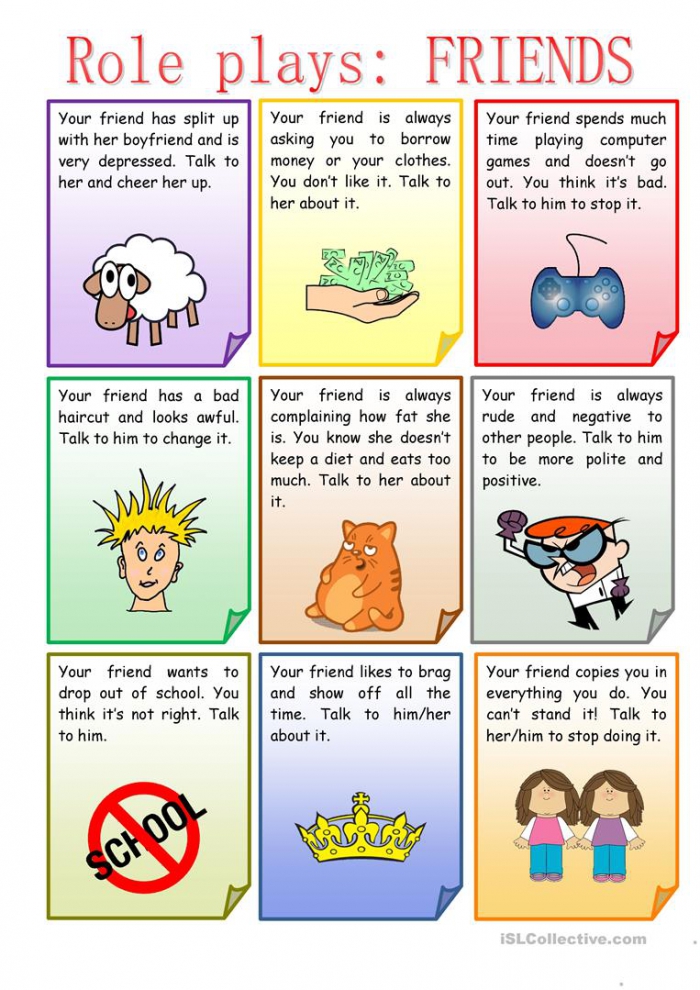 - And what did she say to you later, after the shots? Maybe she named him after all? nine0005
- And what did she say to you later, after the shots? Maybe she named him after all? nine0005
– No, no… I told you. She held my hand, looked into my eyes,… whispered something…
– What? What did you whisper?
- Yes, I couldn't make it out! She was delirious. And yes, I was getting sick! It seemed that her eyes filled the entire car ... By the way, for the first time in my life I saw a person die! And you all stick with the details! Well, think for yourself - if I remembered something, why should I hide it? I also saw her for the first time in my life.
“Sometimes people, dying, tell something very important,” he thought again. – Secret accounts, treasure plans…
She looked at him in surprise and laughed:
– Yes, you didn’t have to work in the police, but write books! Well, fantasy! Treasures! Nowadays!
“Don't laugh,” he was offended. - What do you think, the police do not need imagination? Like…
Actually, she was surprised at herself.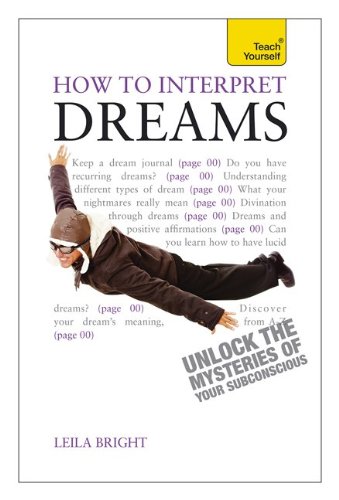 Her memory has always been excellent. And, visual! She could memorize a whole column of numbers without tension, if necessary, she could clearly and in detail tell about all the accounts and papers of the company almost a year ago ... And suddenly this! Was it really so affected by the fact that a man died in front of her eyes? Moreover, such a woman ... It's still strange. She never noticed any sentimentality in herself. It's not for her. She has a goal, and she will achieve her goal. nine0005
Her memory has always been excellent. And, visual! She could memorize a whole column of numbers without tension, if necessary, she could clearly and in detail tell about all the accounts and papers of the company almost a year ago ... And suddenly this! Was it really so affected by the fact that a man died in front of her eyes? Moreover, such a woman ... It's still strange. She never noticed any sentimentality in herself. It's not for her. She has a goal, and she will achieve her goal. nine0005
So they didn't find out anything new, but for a long time they poured water in a mortar with the lieutenant, and when he had already signed her pass, and she was almost at the door, the phone rang.
- Yes. I,” he answered languidly, and suddenly literally jumped: “What ?! How did it disappear?!
The handset was already disconnected. He sank heavily into a chair, looked at her almost plaintively.
– And why did I just join the police? Father said, go as a driver... It's simple. .. The money is not bad...
.. The money is not bad...
– What happened? She felt sorry for him, he looked so unhappy. nine0005
– Disappeared. Dead body. Women. From a closed morgue. In our swamp…
Then everything started spinning like in a good movie. The entire staff of the small department crowded into the morgue. For some reason, her lieutenant also took with him. Everyone examined the high stretcher on which the woman had previously been lying, no one understood anything, the peasants, sometimes forgetting about the presence of the lady, expressed themselves more strongly. Then, of course, everyone fled, giving orders on the walkie-talkies on the go, and she, unlike everyone else, noticed another very strange thing ... The belts that fastened the corpse to the legs and body remained in the same positions as on the train where they put him there! nine0005
- ...So think for yourself - how is this possible? - they again sat in his office and the lieutenant no longer interrogated her, but simply talked. - From a closed room, in front of four people! ... And why didn't I go on vacation?
- From a closed room, in front of four people! ... And why didn't I go on vacation?
“In the end, everything always has some explanation,” she shrugged. “There must be a second door in your closed room. Or windows.
“Yes, but it’s full,” the lieutenant sighed sadly. - I checked it myself. The nails have been rusty for a hundred years. No signs of hacking. And on the windows - non-removable bars ...
- Then they just carried it out through an ordinary door.
- Four people were sitting in the park in front of the entrance: a driver, an ambulance doctor and a nurse, and a watchman. How could all four not notice?
- Maybe they were distracted by something? she continued to reason.
- Yes, they were all talking about this! This is the same event we have! They were waiting for a pathologist from the center. What else could have distracted them? Only perhaps a nuclear explosion!
- Listen! She suddenly laughed. - So you're better now - no body, no business.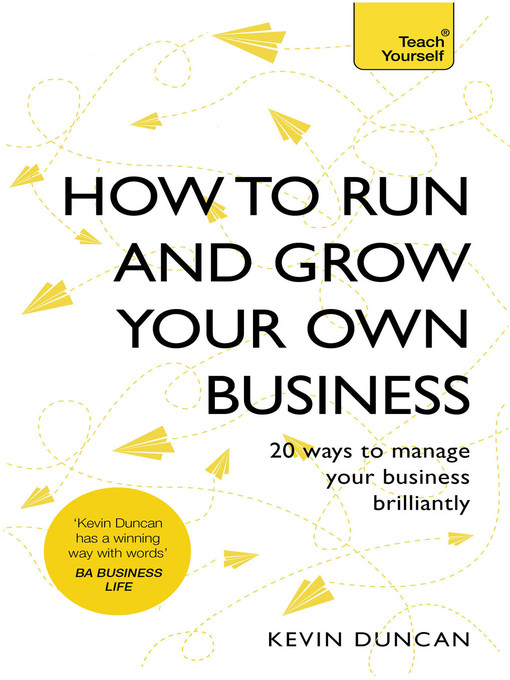 Is that what they say? nine0005
Is that what they say? nine0005
“Laugh, laugh,” he also chuckled, only sadly. “But I’ll get all the bumps… And in general,” he shivered. - Our places are quiet, but not good ...
- Why is that?
- Old people say, - he approached her and spoke almost in a whisper, - we have places of witchcraft ...
- No, exactly, - she laughed again. - Exactly, you need to be a writer! Do you really believe in any mystical rubbish?
- When corpses disappear from enclosed spaces, in front of a whole crowd of completely sober people - you will believe in anything! nine0005
She arrived home only in the evening. While she was walking down the corridor to her room, she listened to everything that a neighbor from a fifteen-meter apartment thought about her: “Don’t you dare turn your back in front of my peasant! Lord... She needs her drunkard! Then a neighbor from a twelve-meter building asked for money, as always: "Only until tomorrow!" She didn't, as always. Then the grandmother from the twenty-meter apartment pestered her with a complaint that someone had stolen a “completely new piece of household” from her .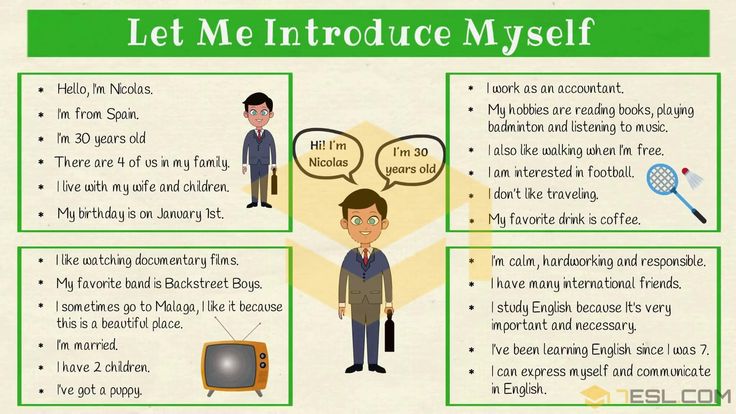 .. In the room to her right, the twins were yelling, to her left - the radio ... Yes, she is now a Muscovite. But is it possible to live like this? She tried to be at home as rarely as possible, and she dreamed so much about her real apartment, about how she would furnish it, how she would live there! When, finally, having done all the necessary things, she remained in the room alone, thoughts, of course, swirled around today's events ... "Why don't I remember anything? I can say everything about grannies and about the peasant, up to what the peasant had socks, and what kerchiefs grannies have... And about the killer? Nothing... Why?" She tried again and again to remember at least something ... She remembered only his eyes. Or rather, not even her eyes, she just didn’t remember them! Just a look. How he looked, how goosebumps went on her skin, and how she lost consciousness. Stop! That's what ... After all, the woman had the same look! Or rather, not quite like that, kinder or something .
.. In the room to her right, the twins were yelling, to her left - the radio ... Yes, she is now a Muscovite. But is it possible to live like this? She tried to be at home as rarely as possible, and she dreamed so much about her real apartment, about how she would furnish it, how she would live there! When, finally, having done all the necessary things, she remained in the room alone, thoughts, of course, swirled around today's events ... "Why don't I remember anything? I can say everything about grannies and about the peasant, up to what the peasant had socks, and what kerchiefs grannies have... And about the killer? Nothing... Why?" She tried again and again to remember at least something ... She remembered only his eyes. Or rather, not even her eyes, she just didn’t remember them! Just a look. How he looked, how goosebumps went on her skin, and how she lost consciousness. Stop! That's what ... After all, the woman had the same look! Or rather, not quite like that, kinder or something .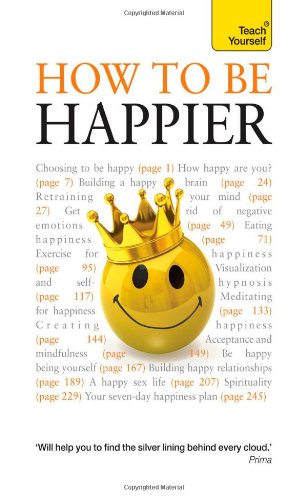 .. But after him, she also lost consciousness! Or is it still from the blood? And one more thing… Why did none of these brave cops pay attention to the belts? No, well, think for yourself. Someone steals a body from the morgue. He can be caught at any moment. And at the same time, after pulling out the body, he carefully fastens the belts again, while losing a lot of time! Where is the logic? She did not like when there was no logic. Everything in the world must be correct and clear. And these belts did not fit into anything! nine0005
.. But after him, she also lost consciousness! Or is it still from the blood? And one more thing… Why did none of these brave cops pay attention to the belts? No, well, think for yourself. Someone steals a body from the morgue. He can be caught at any moment. And at the same time, after pulling out the body, he carefully fastens the belts again, while losing a lot of time! Where is the logic? She did not like when there was no logic. Everything in the world must be correct and clear. And these belts did not fit into anything! nine0005
...For three days she did housework, trying not to notice her neighbors, and on the fourth day she got up early, deciding to spend the whole day on the beach, because the weather was great. Therefore, the first climbed into the mailbox. Letter. Her. From a notary's office. Let's see... Come in,... in your name,... receiving an inheritance,... under a will... What kind of nonsense? All relatives, thank God, are alive. And no one has anything that can be bequeathed through a notary.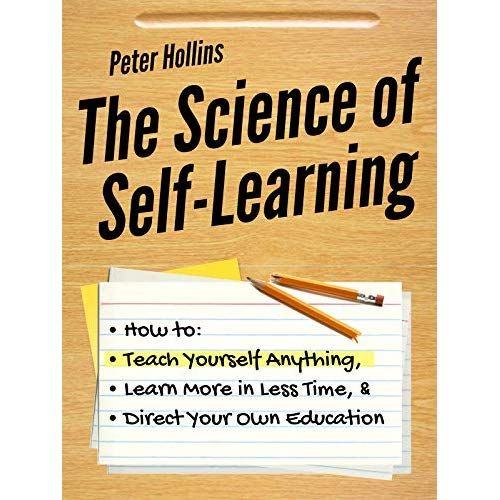 Well, the beach will have to be postponed. Let's take a look at this legacy. nine0005
Well, the beach will have to be postponed. Let's take a look at this legacy. nine0005
... She was walking out of the notary's office looking like she wasn't herself.
A complete stranger bequeathed to her after her death a house and a plot in the Moscow suburbs. Some kind of Anna Alekseevna Goleneva. The notary could not explain anything. The documents were sealed. He himself learned the name of the heiress only after the death of this same Anna. No matter how much she tried to remember, there were none of her relatives with such names ... Go to her parents? No, it will. First you need to see this very house, and then decide further ...
The first thing that surprised her was that the station from which she had to get home was the same one. That is, the closest to the place where it all happened. "Of course, a coincidence," she said to herself resolutely and went to the village, since the plan of passage in the will was very clear.
Then she walked through the dacha village and was more and more surprised.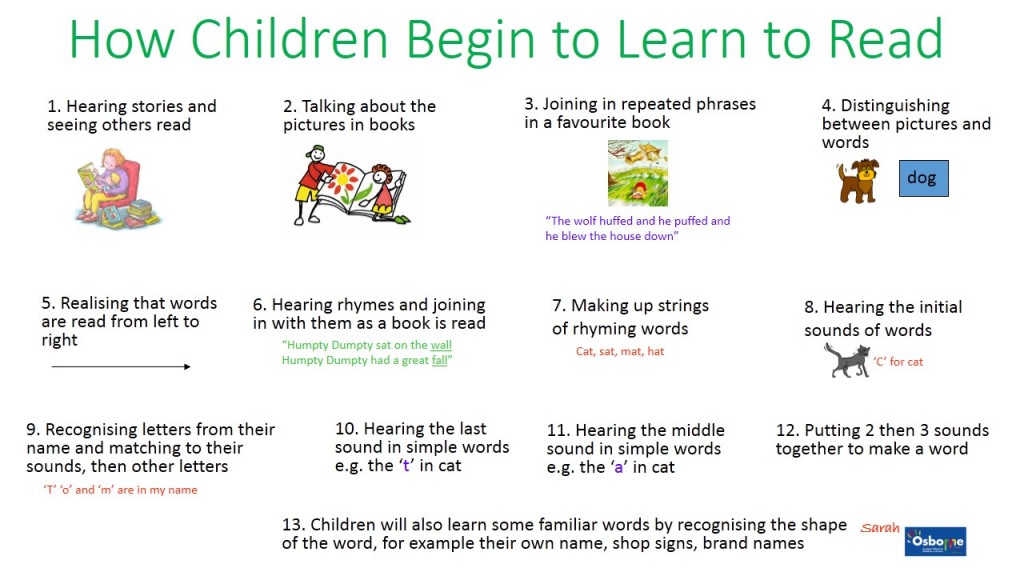 The village was apparently prestigious. She was not very versed in this, she was more interested in apartments in Moscow, and not in houses in the Moscow region. But here it was immediately clear that the houses are not simple and expensive, the plots are large and beautiful. Military guards at the common entrance, where her documents were carefully checked. And that is great. She had already firmly decided that if this was not a mistake, and the house really was hers, then she would, of course, sell it. Sell and buy an apartment! Your own, your own! IN MOSCOW!!! nine0005
The village was apparently prestigious. She was not very versed in this, she was more interested in apartments in Moscow, and not in houses in the Moscow region. But here it was immediately clear that the houses are not simple and expensive, the plots are large and beautiful. Military guards at the common entrance, where her documents were carefully checked. And that is great. She had already firmly decided that if this was not a mistake, and the house really was hers, then she would, of course, sell it. Sell and buy an apartment! Your own, your own! IN MOSCOW!!! nine0005
This is the house. At first she walked several times along the fence, trying to see what was there, behind the lace fence. Then she checked the documents in her bag again. And, nevertheless, being worried, she took out the keys, opened the gate…
Almost nothing grew on the plot. That is, nothing so garden-cottage. The house stood far away, a path lined with blue tiles led to it. There is almost a forest around, only very well-groomed, as if painted .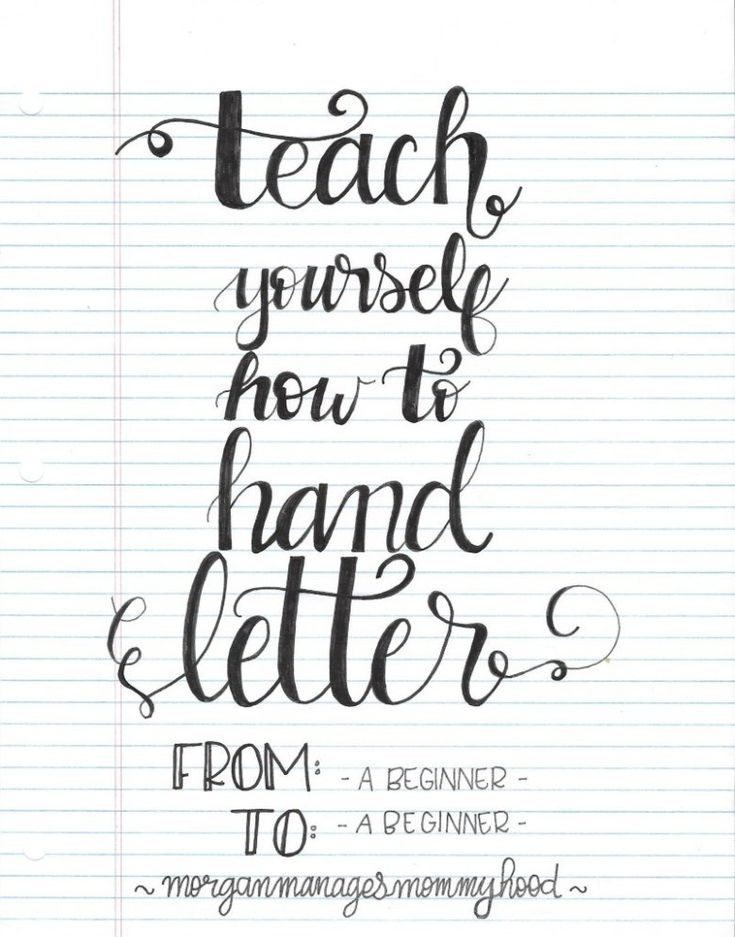 .. She went up to the house and decided, too, to go around it first. nine0005
.. She went up to the house and decided, too, to go around it first. nine0005
…Yes… You don't have to be an expert to understand that a house is expensive. Brick, with tinted windows, with a roof made of real tiles. She sat down on the porch, not in a hurry to enter. Still, there is a mistake here! They never had such rich relatives. And there were no such relatives either. Now she praised herself for not saying anything to her parents. Oh, they would have been hosting here with might and main! Although fans of the town, they would not refuse such a house! "Here's what," she decided to herself. She thought so, because she had never stolen anything in her life, but had never even taken it just like that. All earned. Sometimes it’s not quite right, but it’s her business! And her body...
She decided to come in anyway. What is it here? She is right, finally.
…Inside the house was even more stunning. With expensive furnishings, with amenities that she did not have in Moscow either.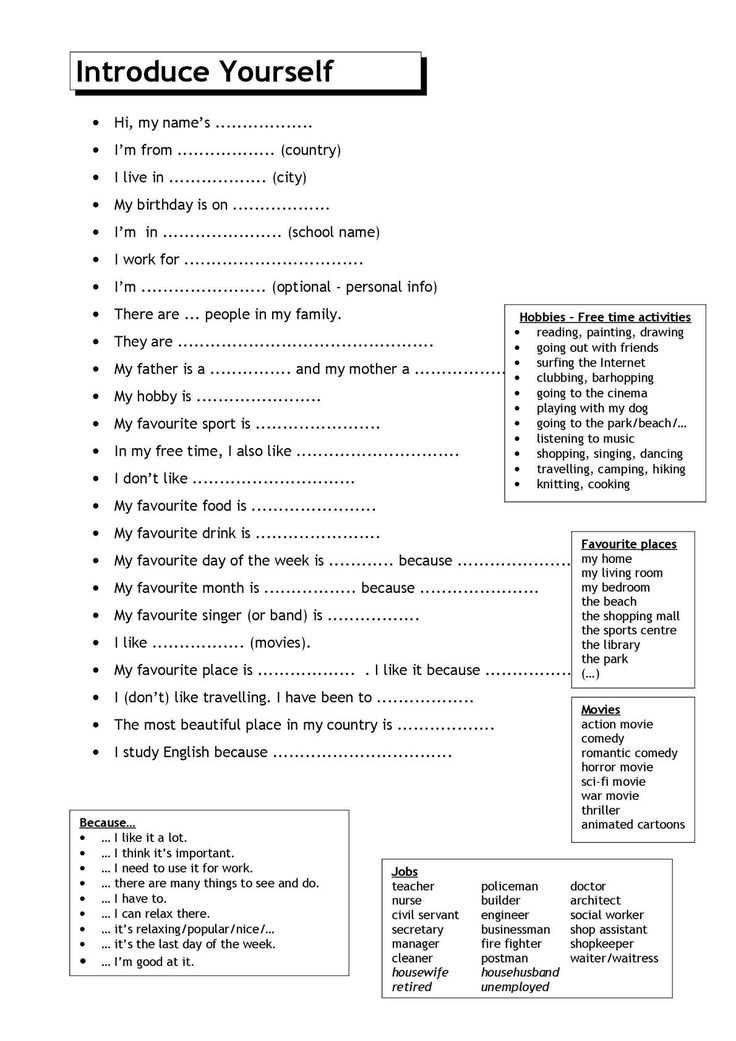 A winter garden, a sauna, a bar, billiards… Several guest bedrooms, a fireplace room, a small swimming pool in the basement… She, completely depressed, returned to the hall and sat down on the sofa. Thoughts are over. I sat like this, without thinking for a very long time. And then the first one appeared: “Something is wrong here…” That is, not with the fact of inheritance, but in general in the house… Yeah, that's it! The house, according to the documents, belonged to a very elderly woman, eighty-nine years old. But the situation! As if a young and chic woman lived here. Take at least her bedroom. There everything breathed erotica. Every knick-knack, every curve of the furniture suggested only one thought, and some even drove it into the paint! When she couldn't resist peeking into the mirror cabinet, she was breathless! Yes, such toilets would take your breath away. Therefore, she, all ashamed and afraid of something, quickly closed it and went downstairs. And now I sat and thought, what kind of person in their right mind can imagine an almost ninety-year-old granny in that very golden peignoir? Although .
A winter garden, a sauna, a bar, billiards… Several guest bedrooms, a fireplace room, a small swimming pool in the basement… She, completely depressed, returned to the hall and sat down on the sofa. Thoughts are over. I sat like this, without thinking for a very long time. And then the first one appeared: “Something is wrong here…” That is, not with the fact of inheritance, but in general in the house… Yeah, that's it! The house, according to the documents, belonged to a very elderly woman, eighty-nine years old. But the situation! As if a young and chic woman lived here. Take at least her bedroom. There everything breathed erotica. Every knick-knack, every curve of the furniture suggested only one thought, and some even drove it into the paint! When she couldn't resist peeking into the mirror cabinet, she was breathless! Yes, such toilets would take your breath away. Therefore, she, all ashamed and afraid of something, quickly closed it and went downstairs. And now I sat and thought, what kind of person in their right mind can imagine an almost ninety-year-old granny in that very golden peignoir? Although .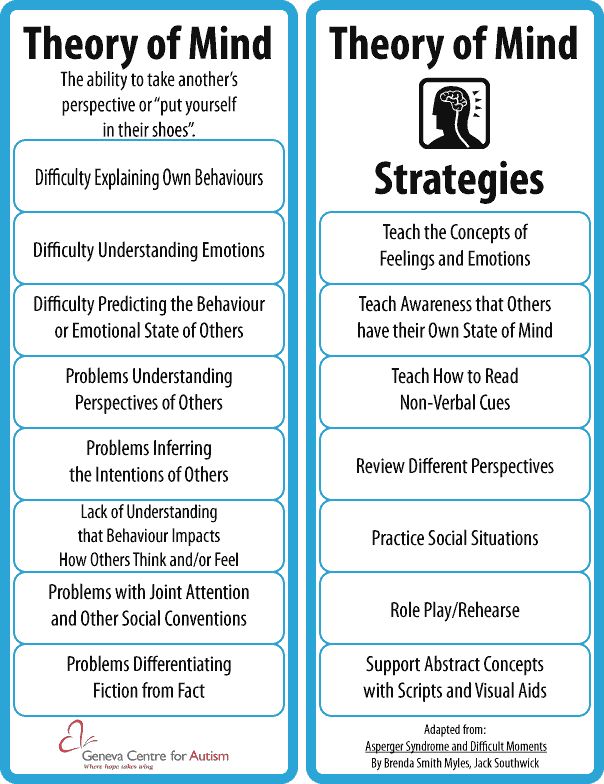 .. With such prosperity ... Now they just don’t do anything ... Plastic surgery, braces, who knows ... Maybe they have learned to renew their brains? nine0005
.. With such prosperity ... Now they just don’t do anything ... Plastic surgery, braces, who knows ... Maybe they have learned to renew their brains? nine0005
So, without coming up with anything worthwhile, she went to inspect the site again. ... And here was a mystery. Judging by the documents, there were twenty-five acres here. And it seemed that all a hundred. Is it because of the forest or because of the layout?
She walked along the perimeter of the plot, looking at and marveling at some rare trees, the names of which she did not even know. Raspberries, currants, and some other bushes grew densely along the entire fence ... In one place there was a large clearing and she saw a neighboring house, much smaller than her house, but also very difficult and beautiful. In front of the house is a lawn with amazing bright grass. And on the lawn - a completely naked man. Sunbathed. She froze and quickly, with knowledge of the matter, appreciated both the muscular, well-built body, and the clear profile . .. and everything else. The man either really slept so soundly, or pretended so well. But when she rustled the bushes and coughed, he did not even move. She moved on to more decisive action:
.. and everything else. The man either really slept so soundly, or pretended so well. But when she rustled the bushes and coughed, he did not even move. She moved on to more decisive action:
- Hello!
He raised his head, looked in her direction. He rubbed his eyes and muttered:
“I think I fell asleep…
“Hello,” she repeated. - I'm your neighbor.
He was still chasing away the remnants of sleep, looked at her in surprise... and was in no hurry to cover himself.
– Hello… Neighbor? To visit Anna Alekseevna? - now he stood up and also, without embarrassment, stood in front of her.
- No. Not for a visit.” She chuckled. - You did not forget that without clothes? Or are you a nudist? nine0005
- Without clothes? He looked at himself in surprise, smiled, and still was not at all embarrassed. - Well, yes ... I forgot. Sorry.
He picked up the towel he was lying on and girded himself around his hips. All this he did somehow naturally, without fuss and embarrassment.



